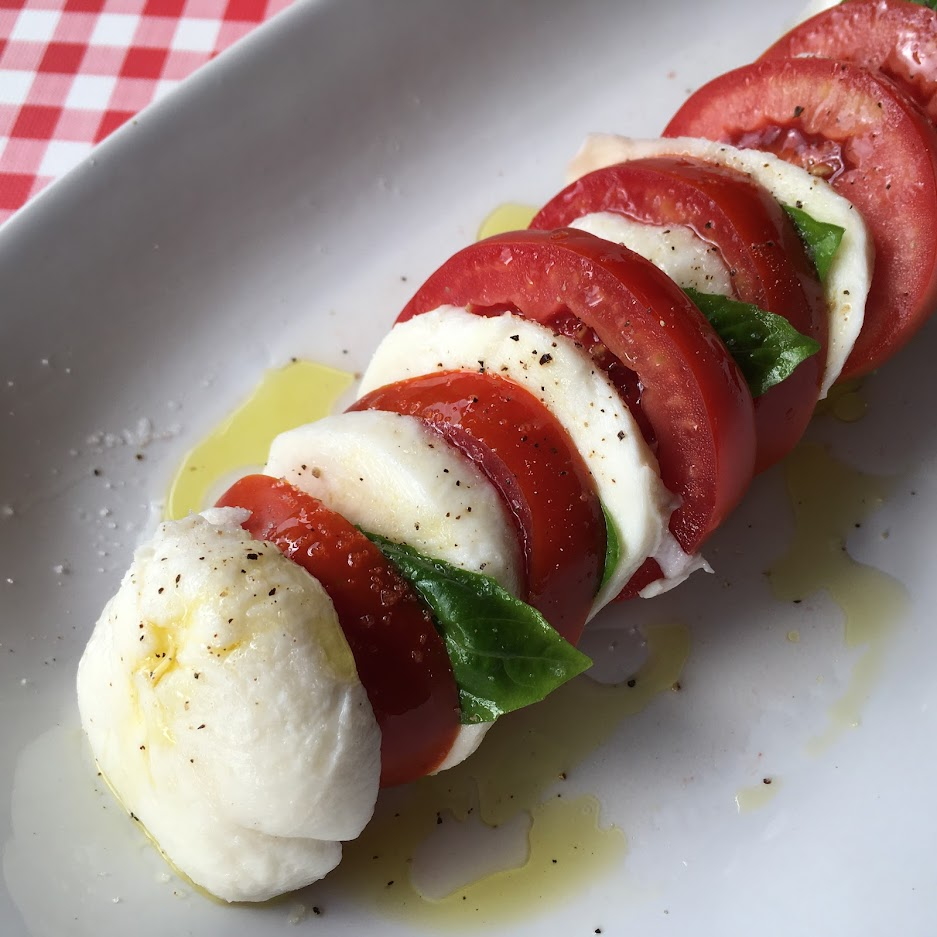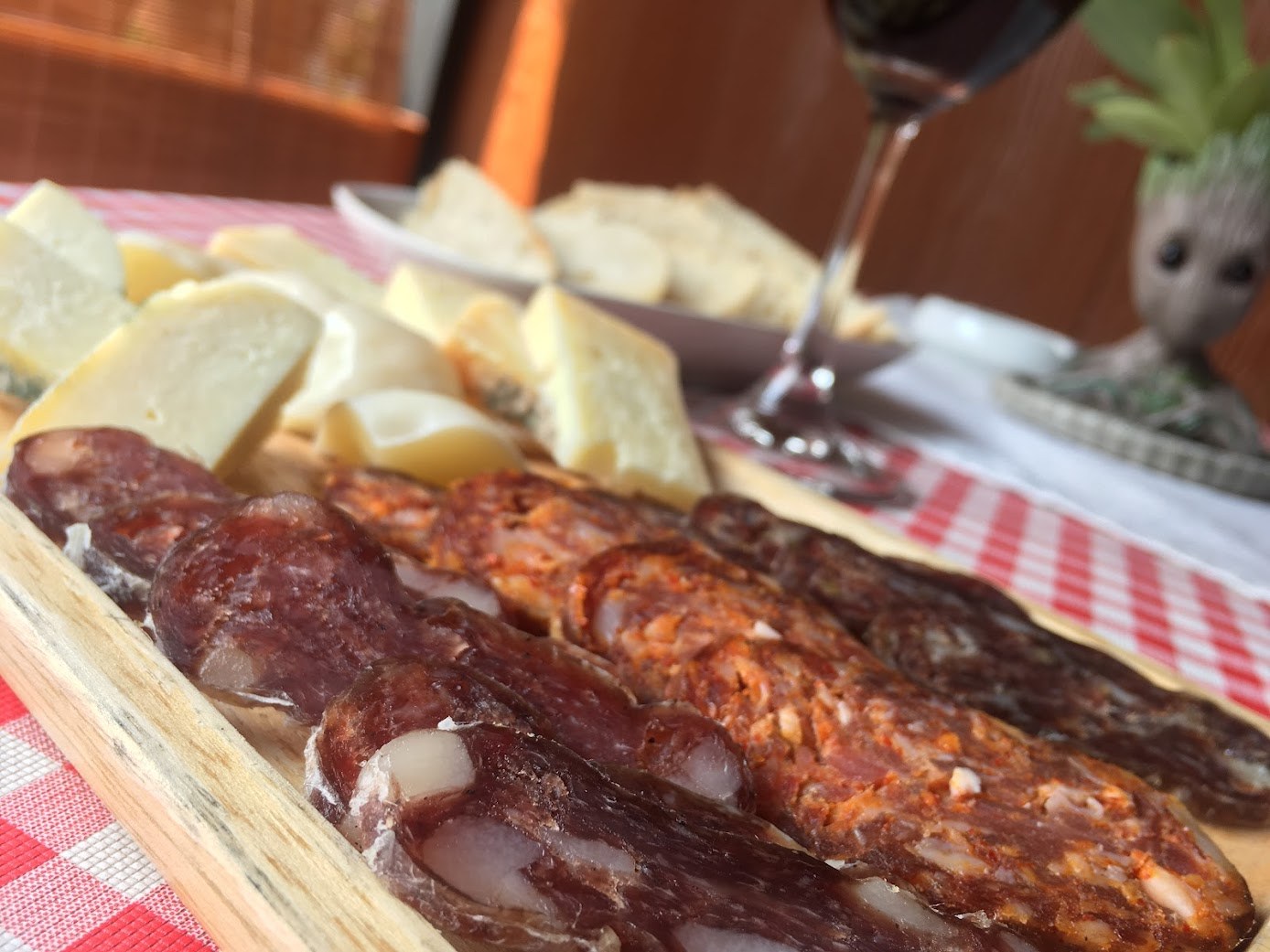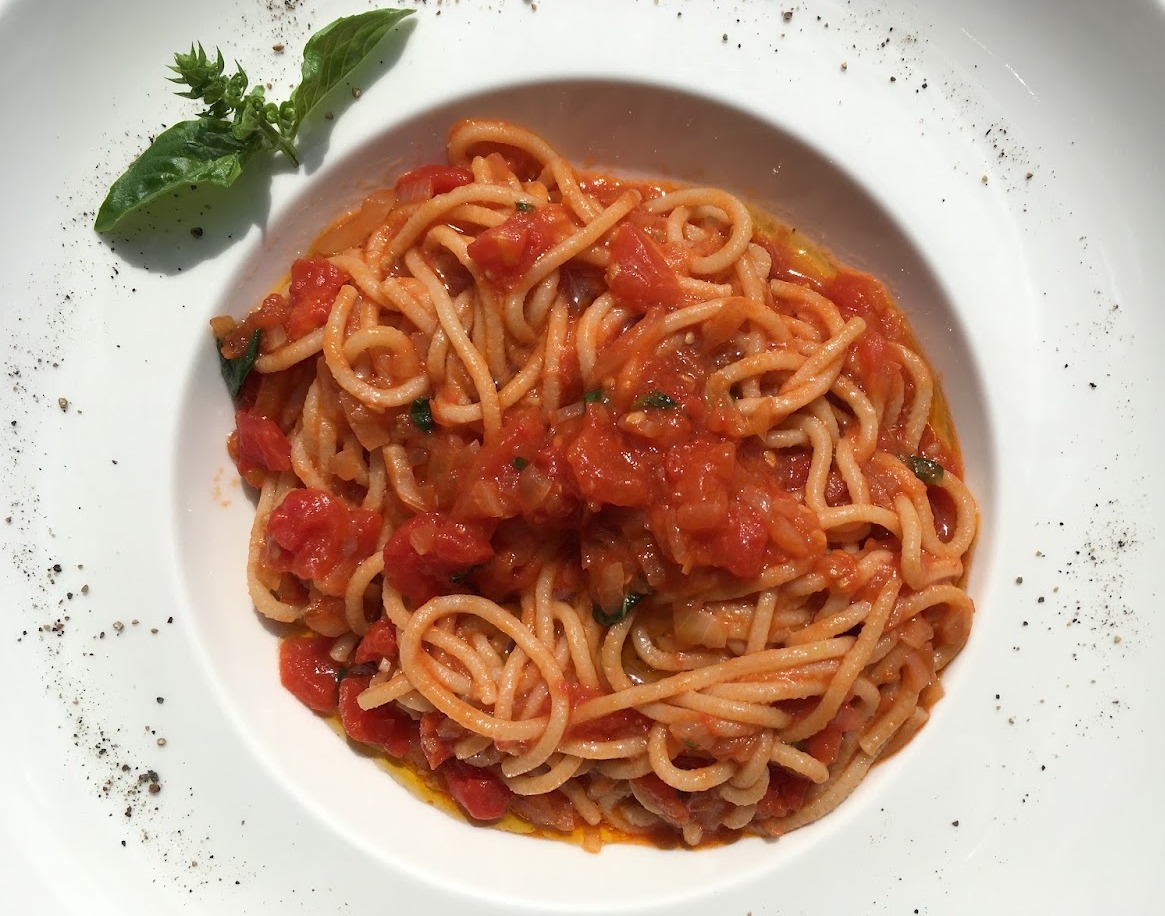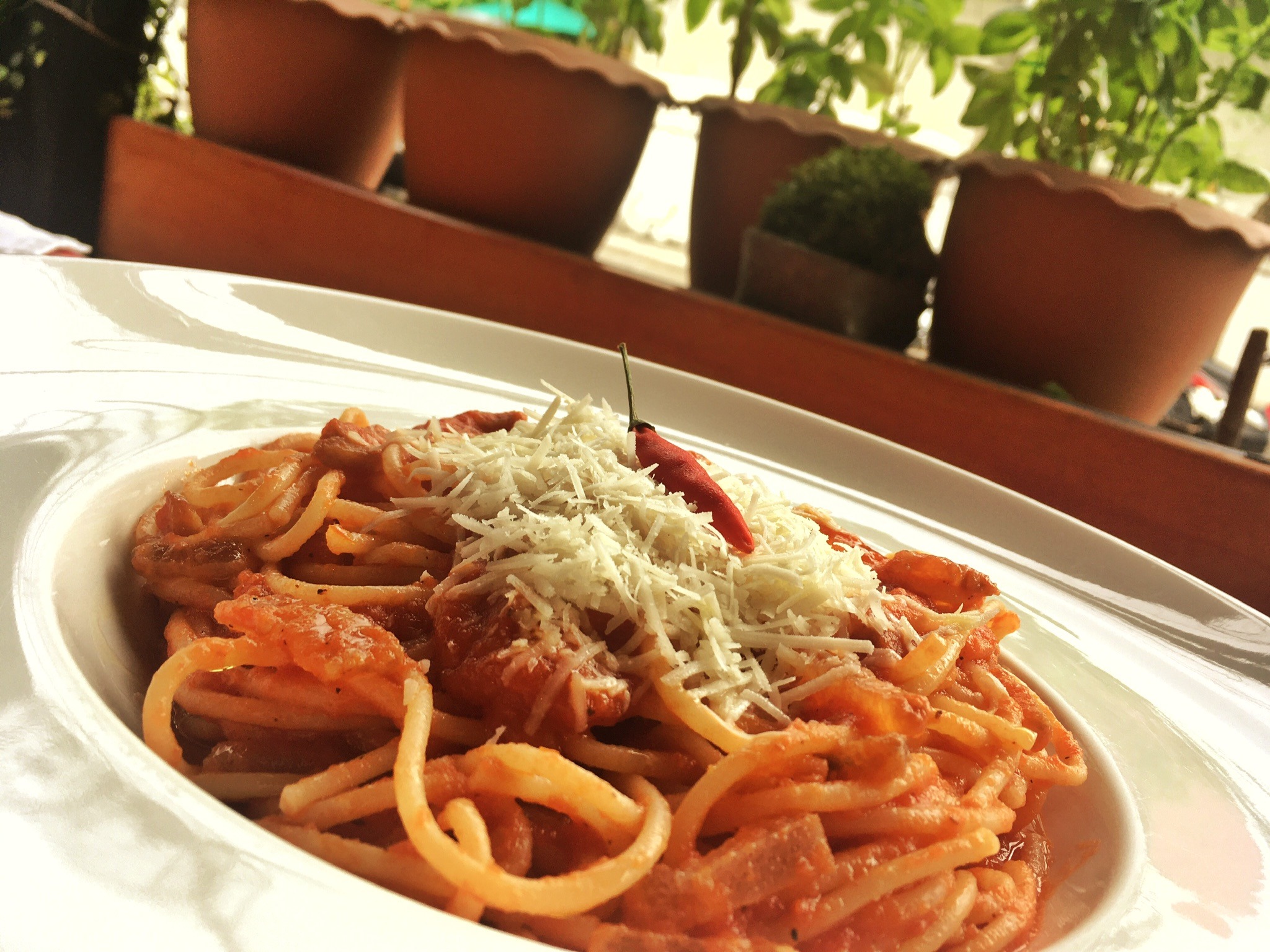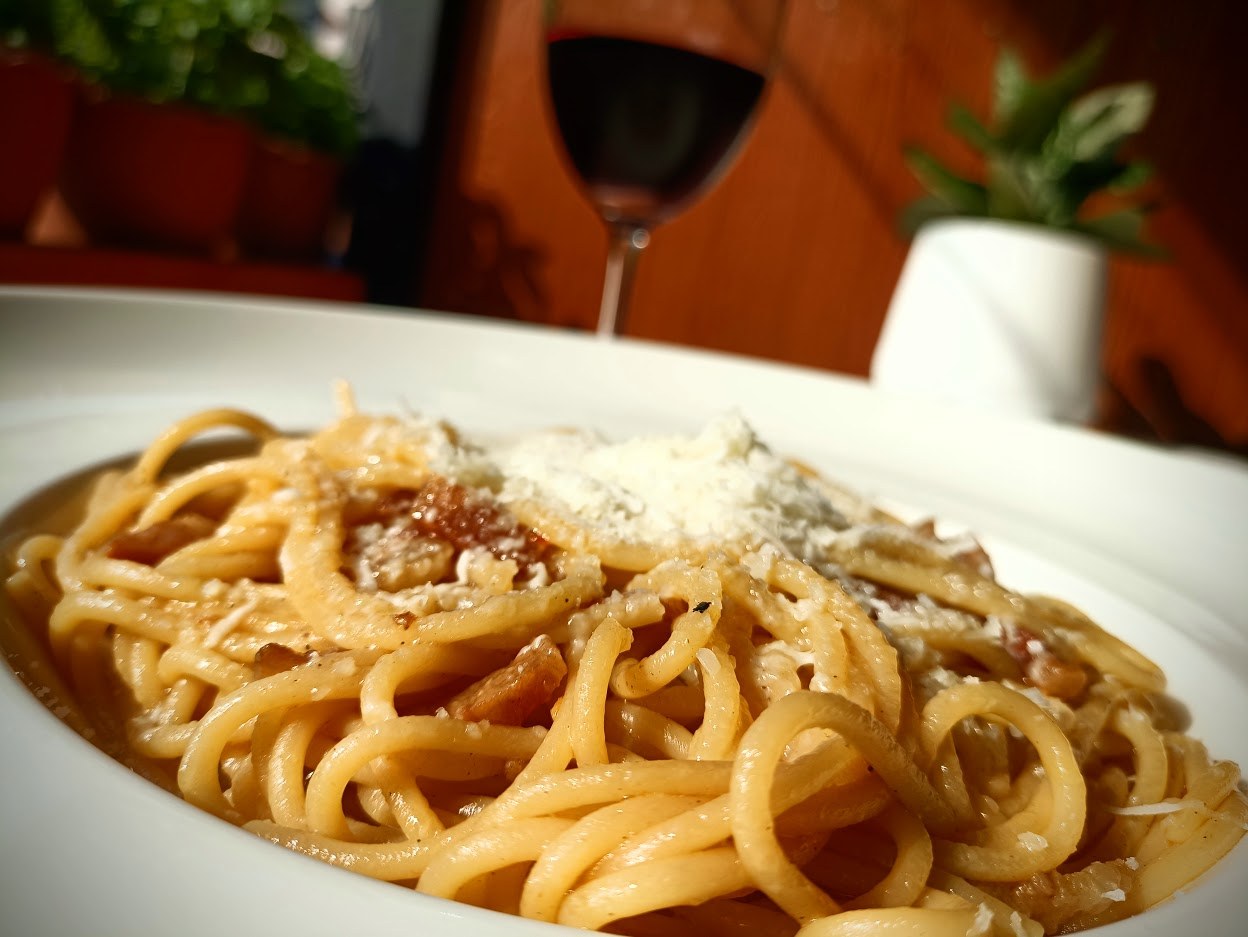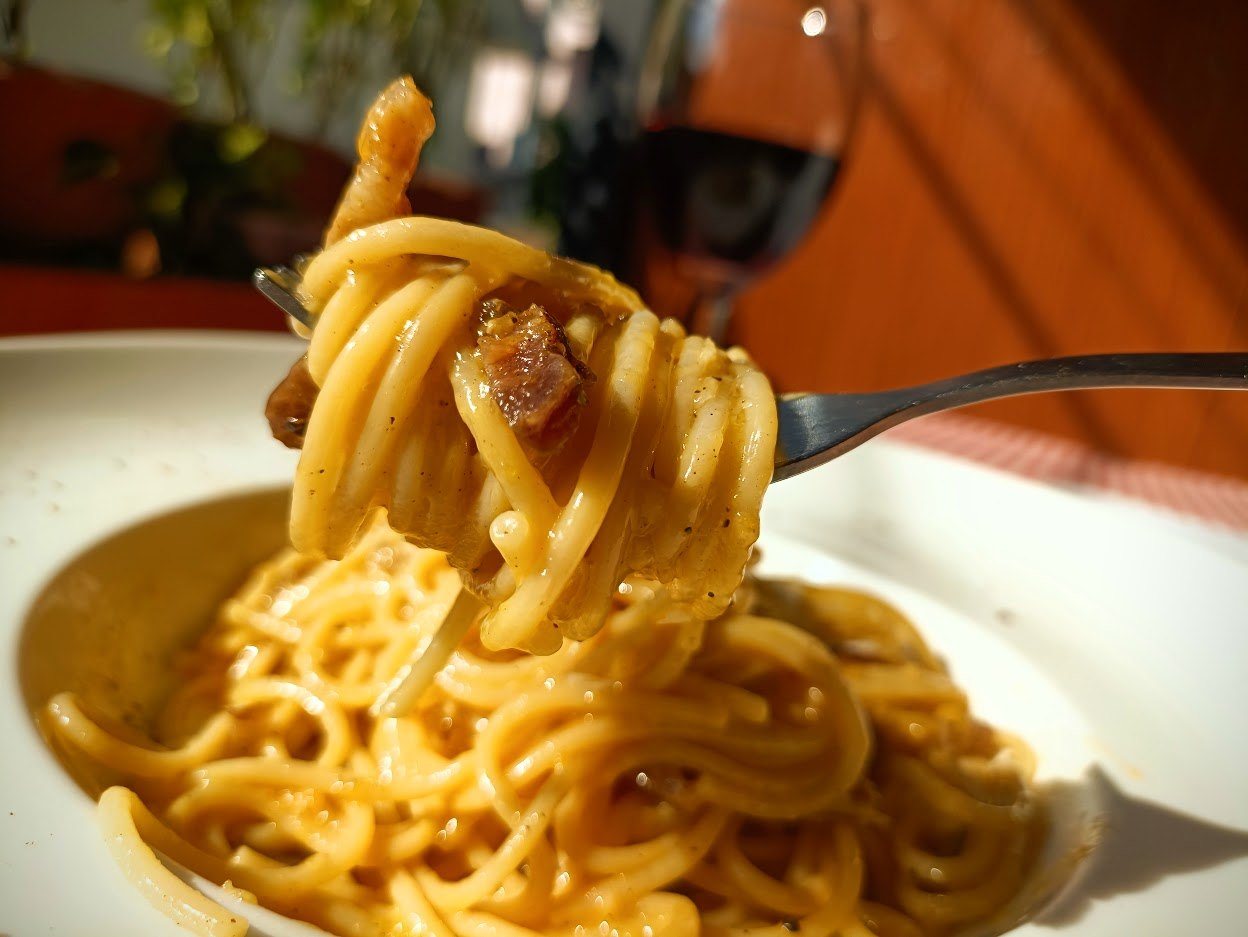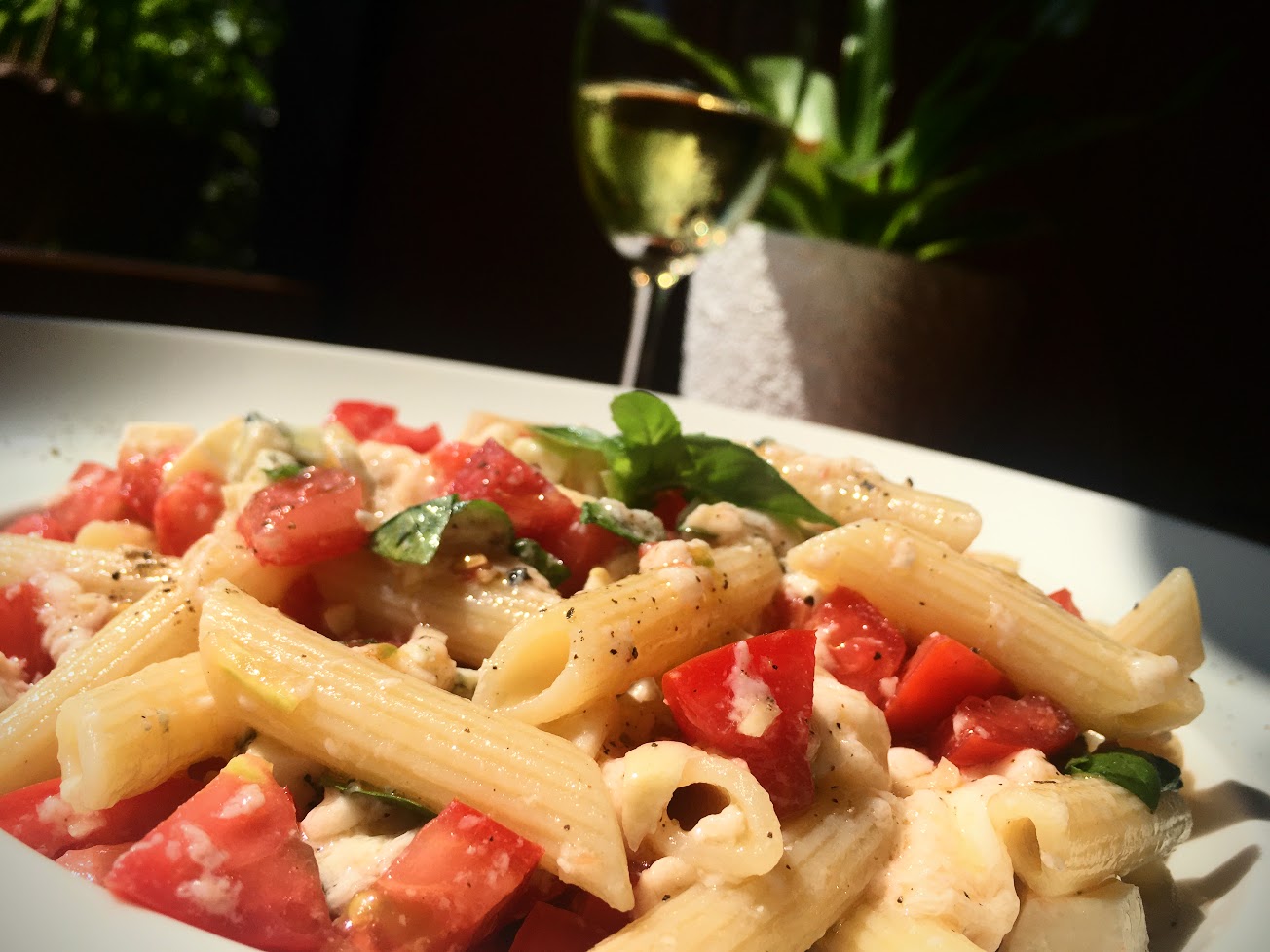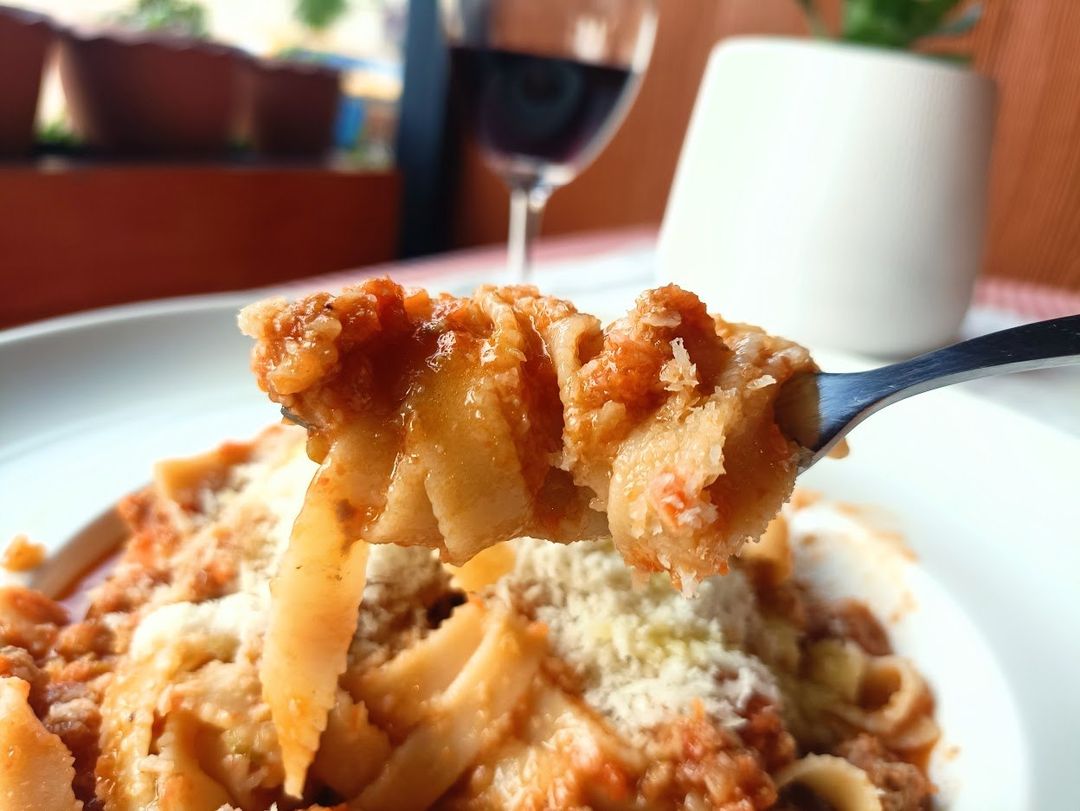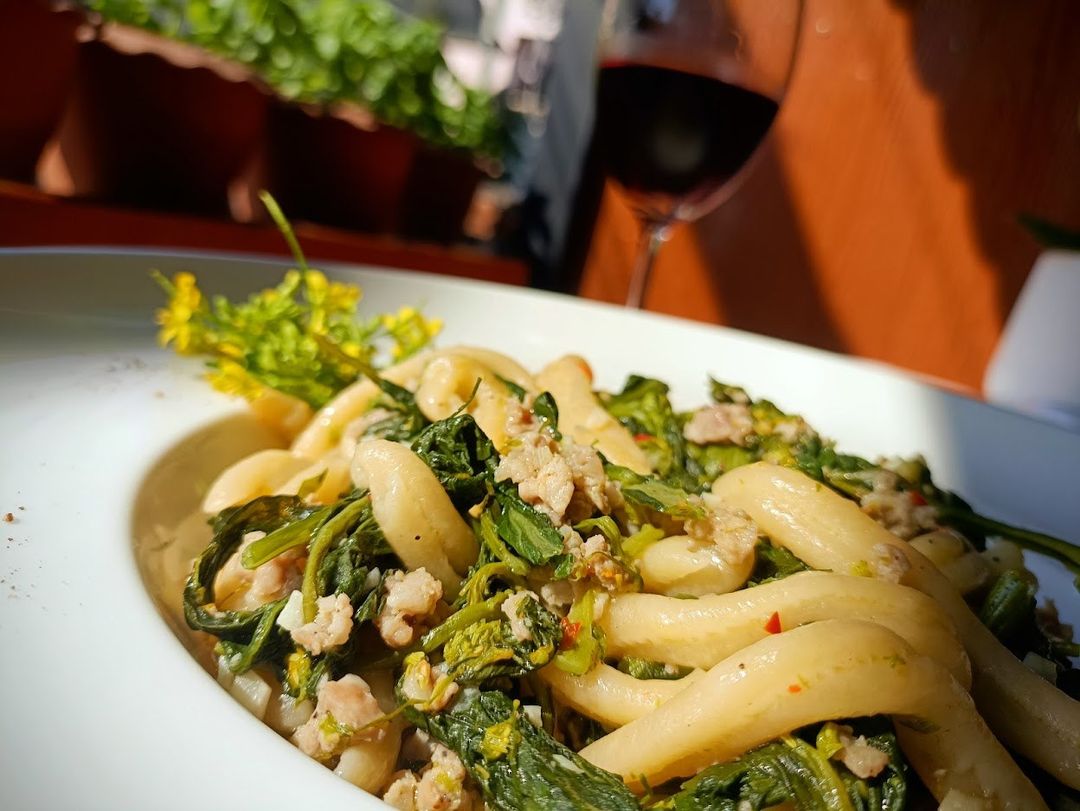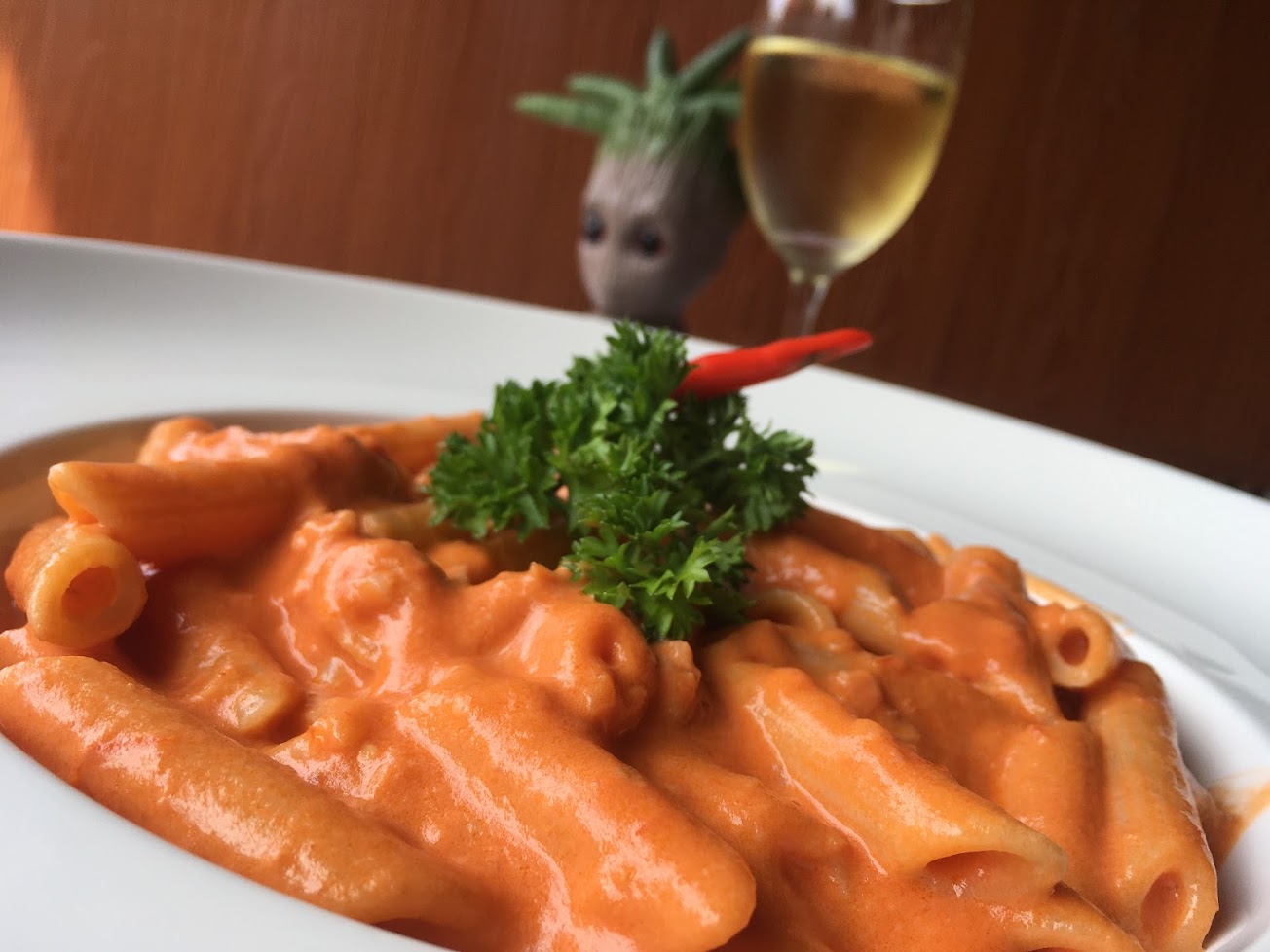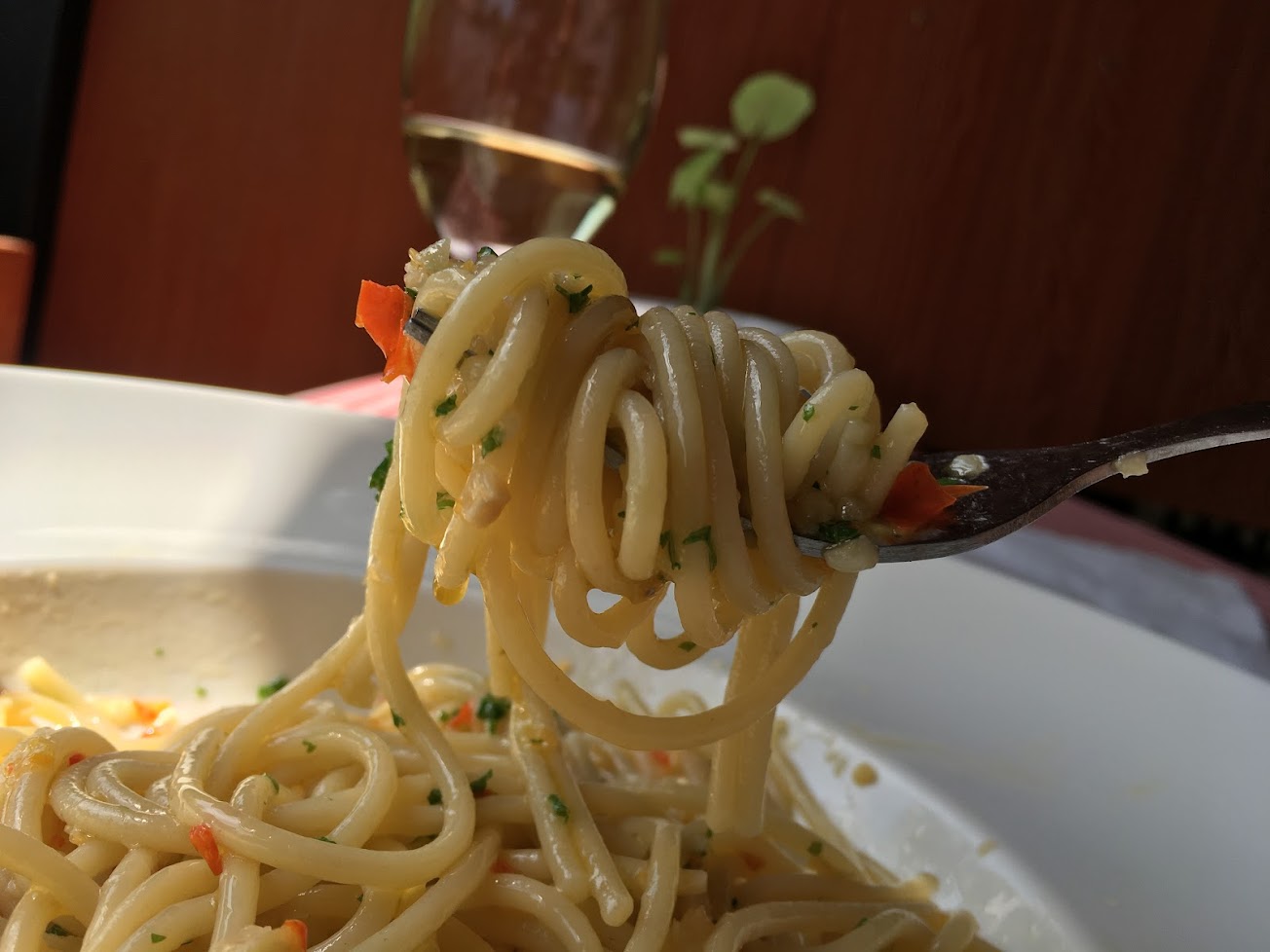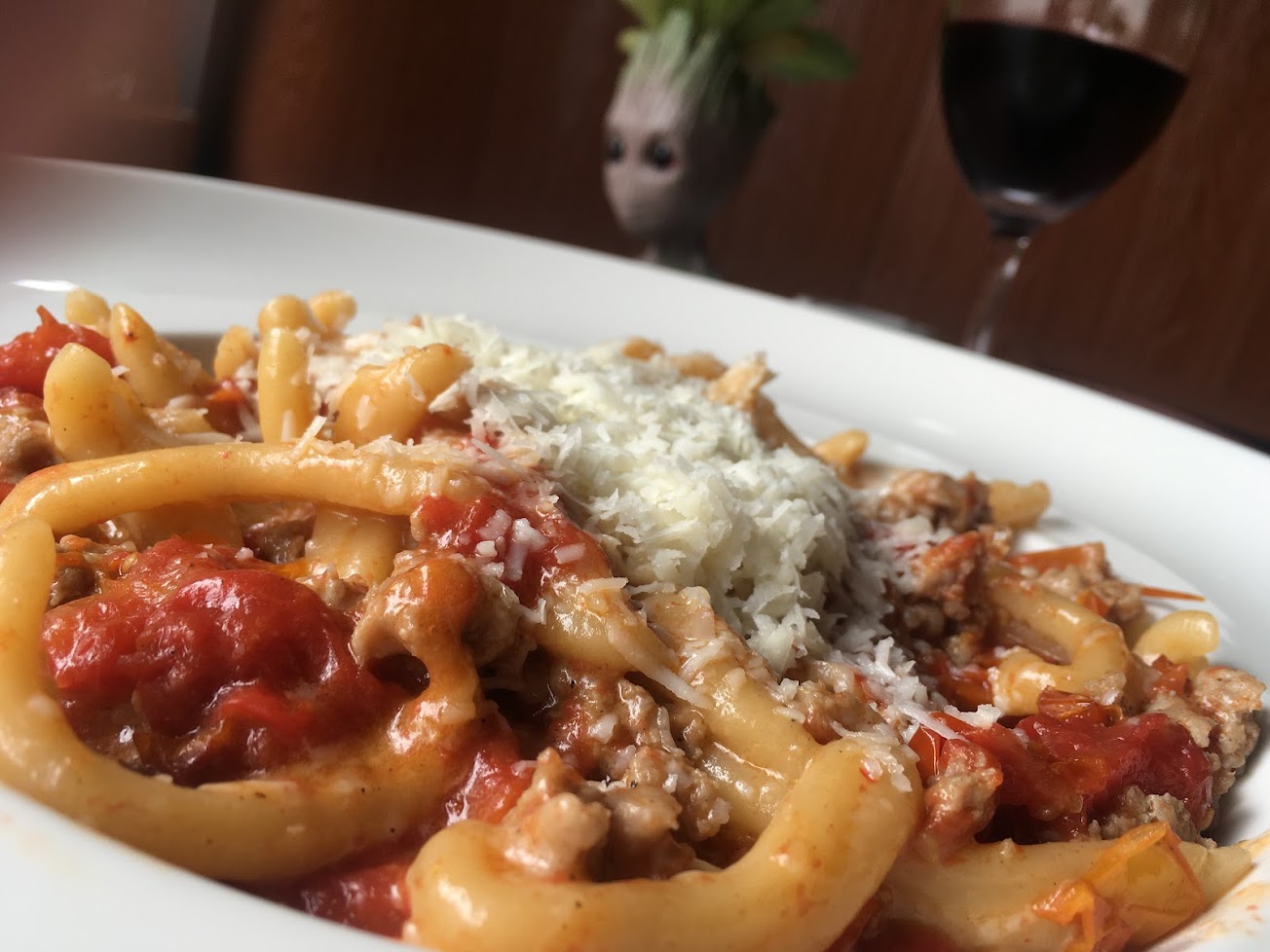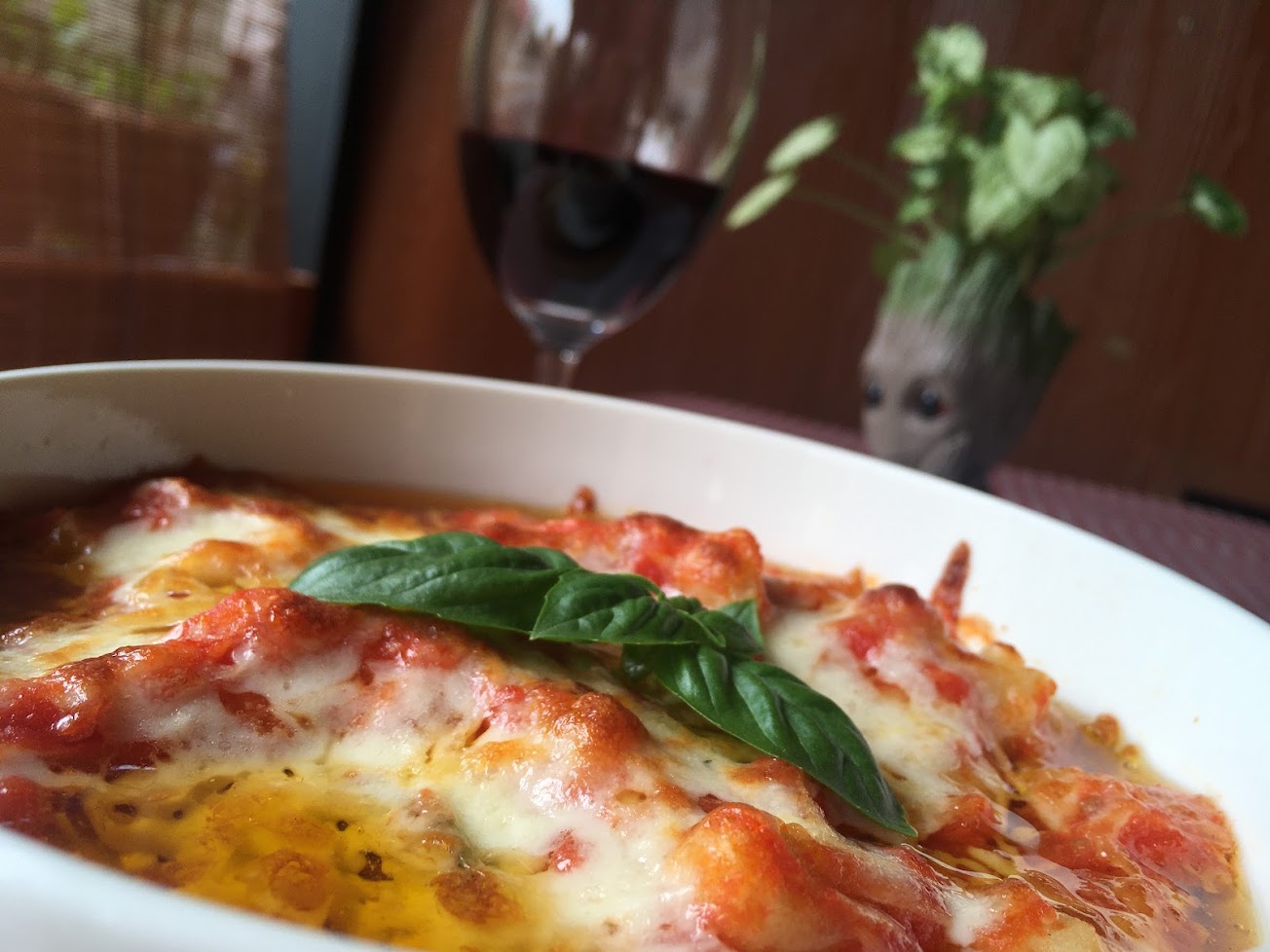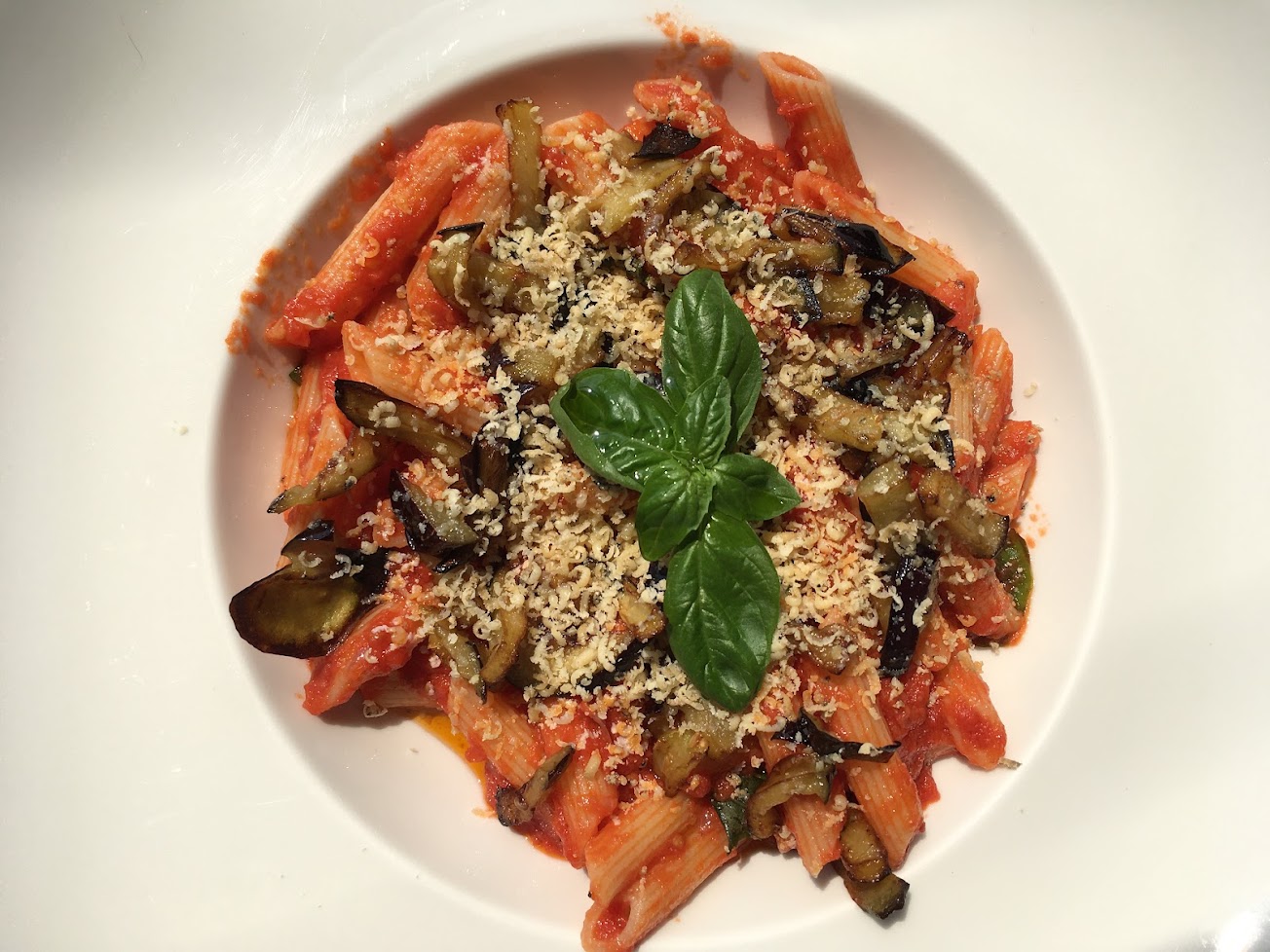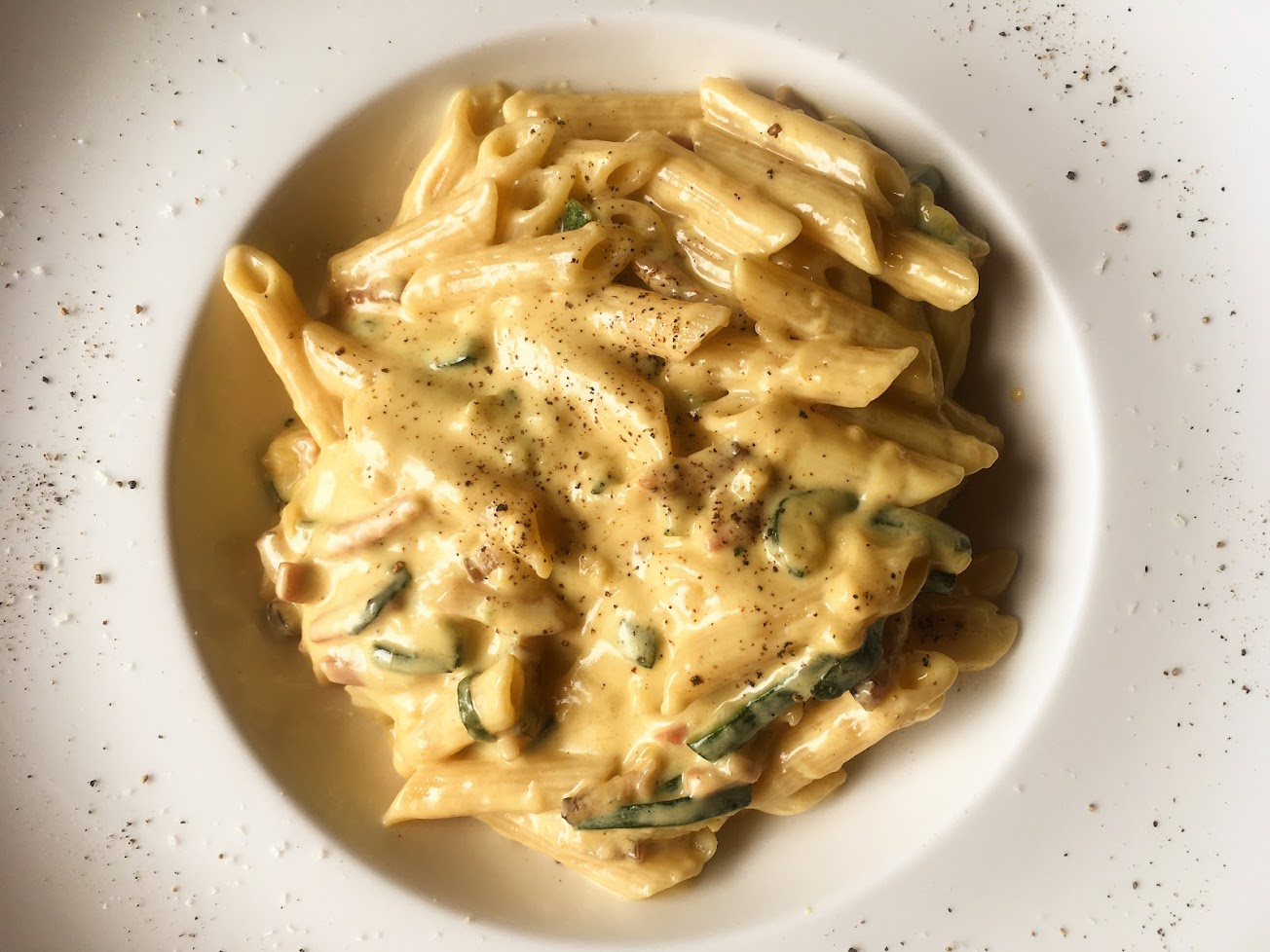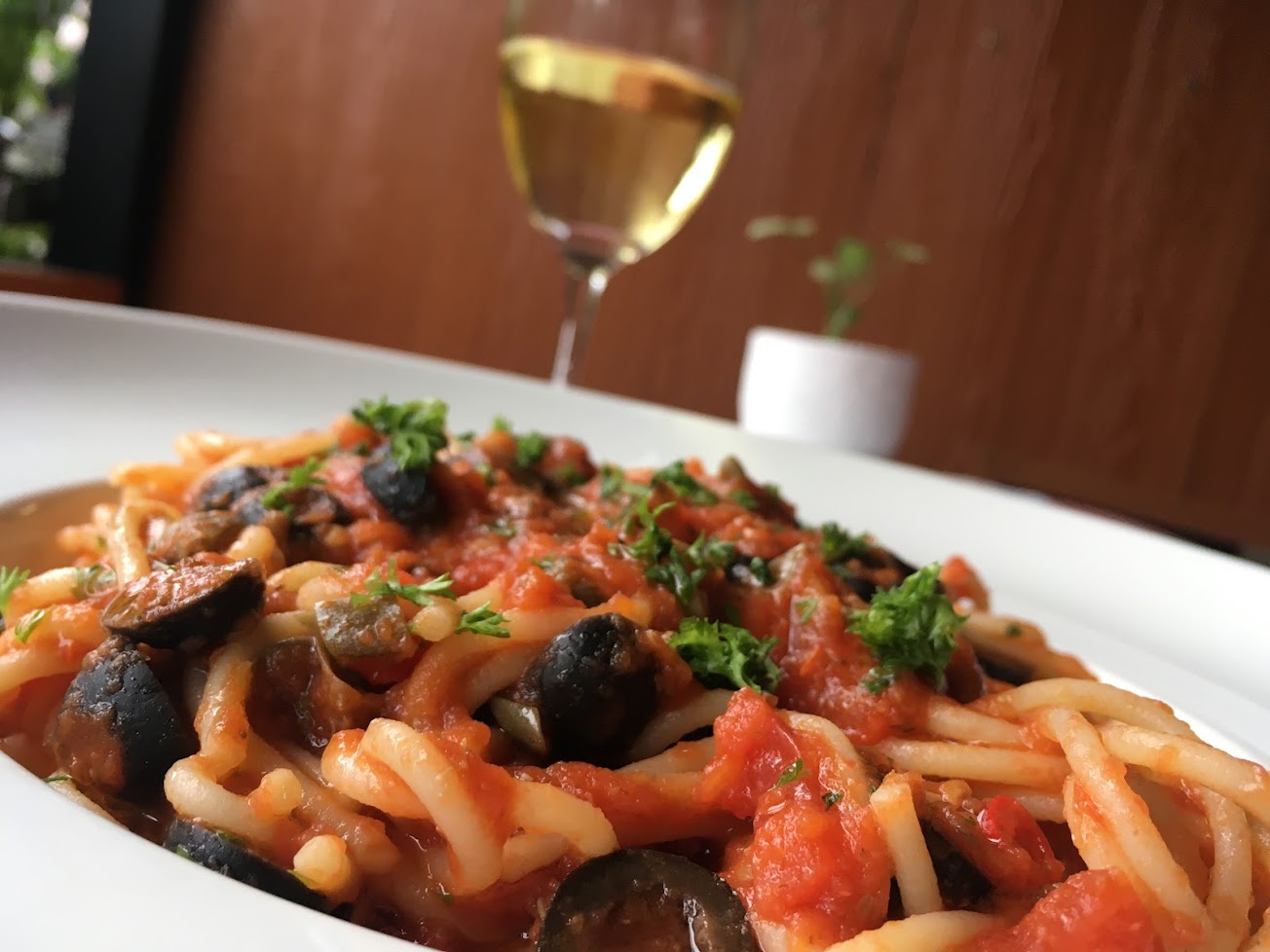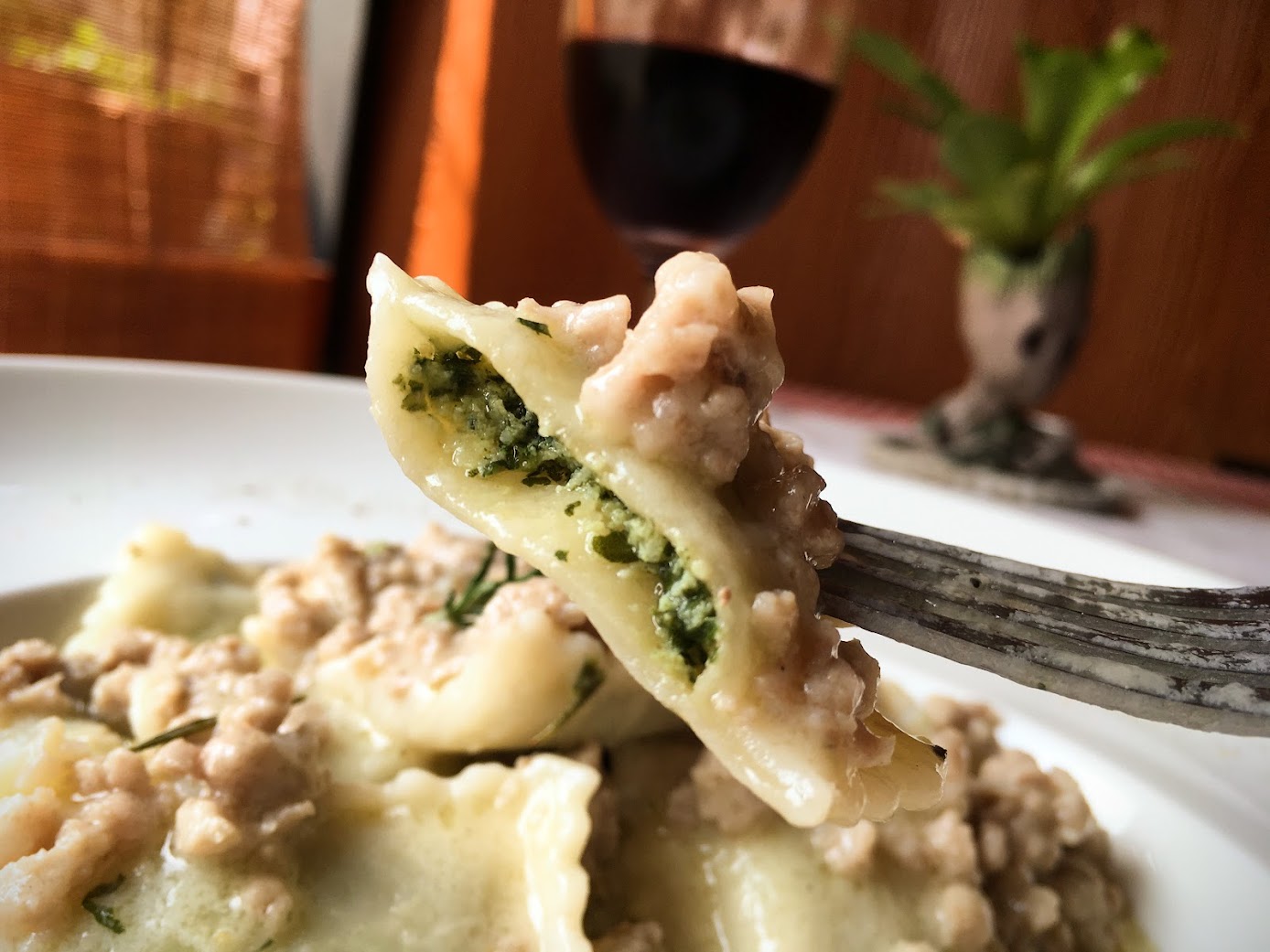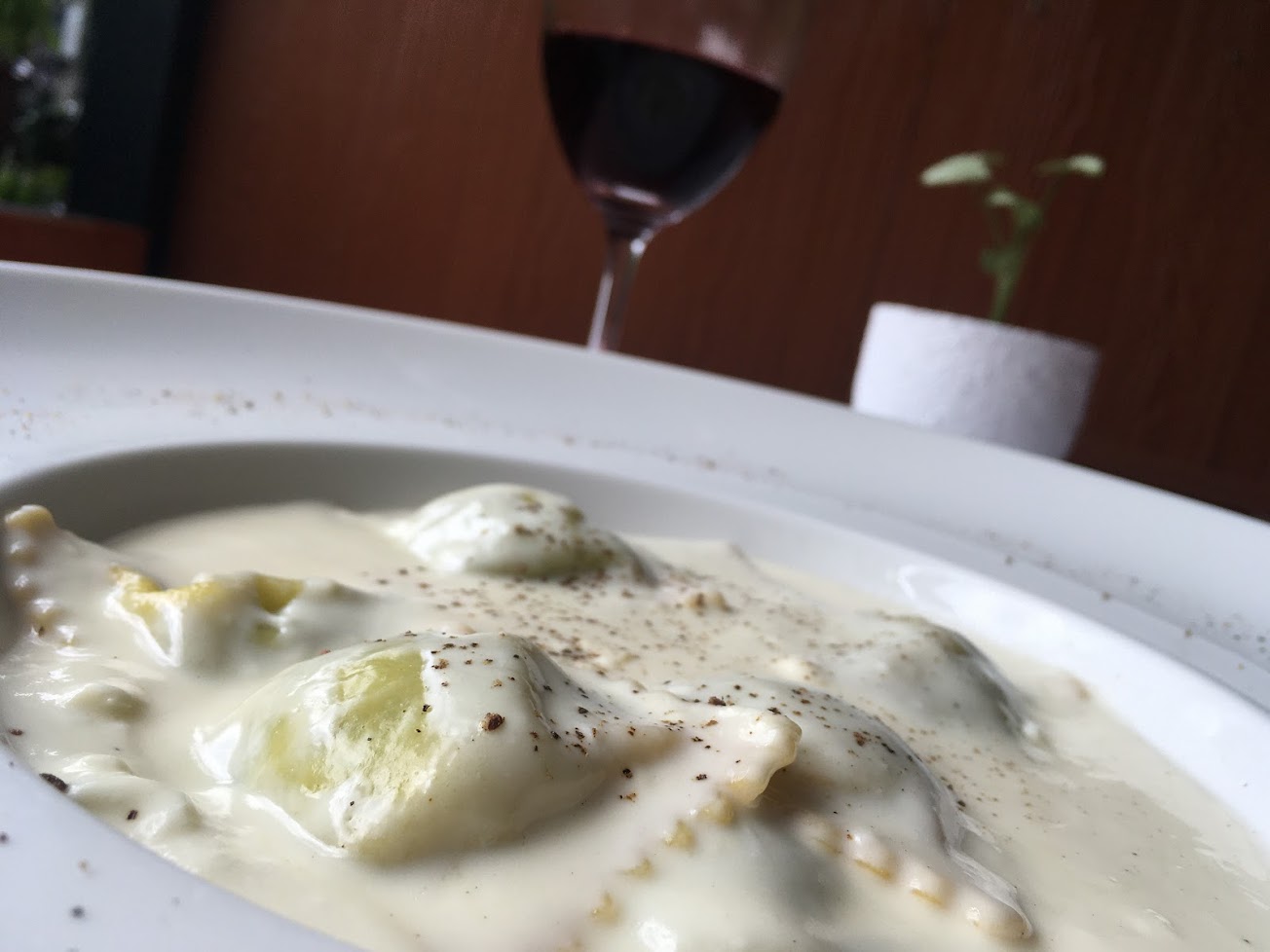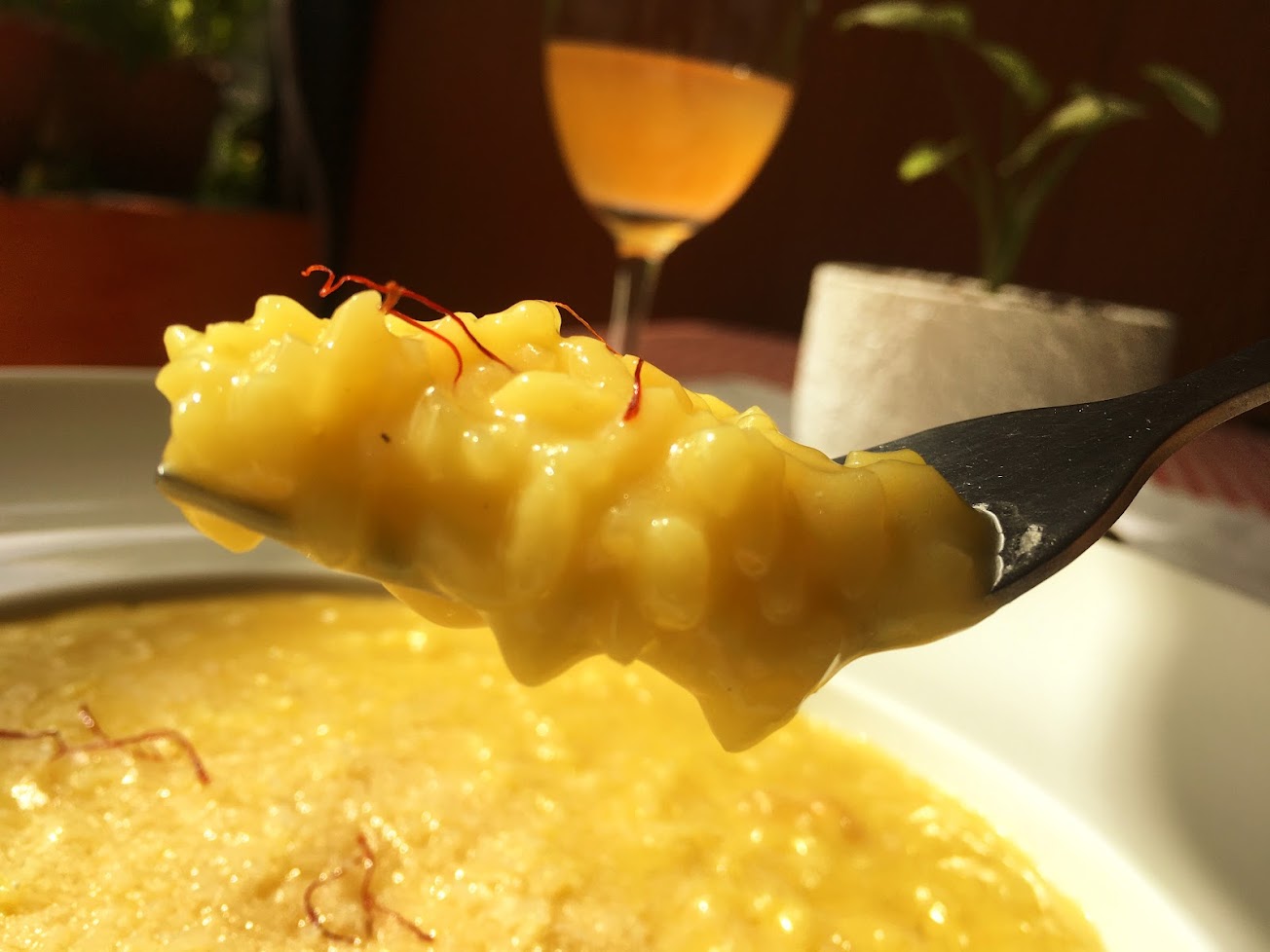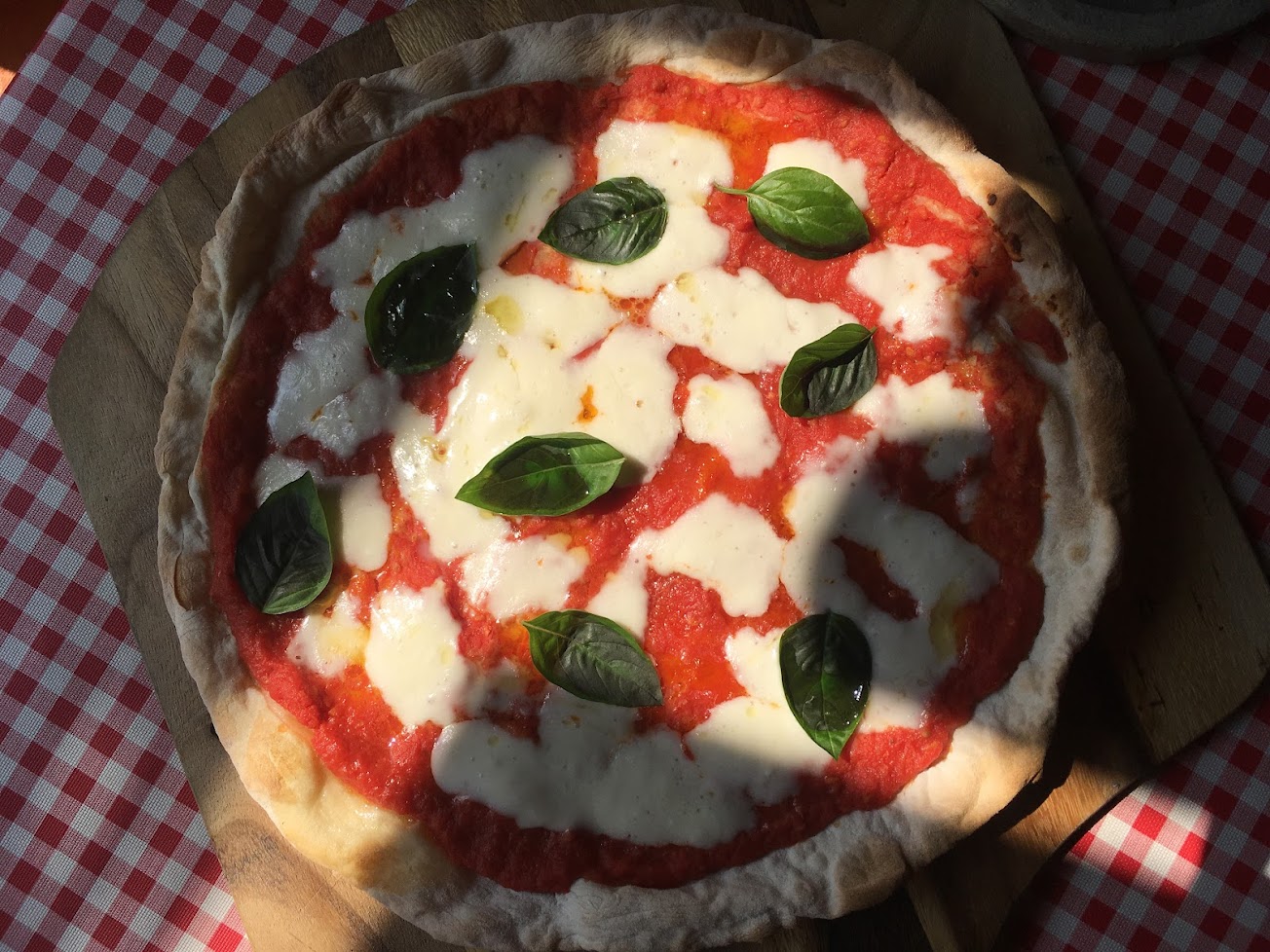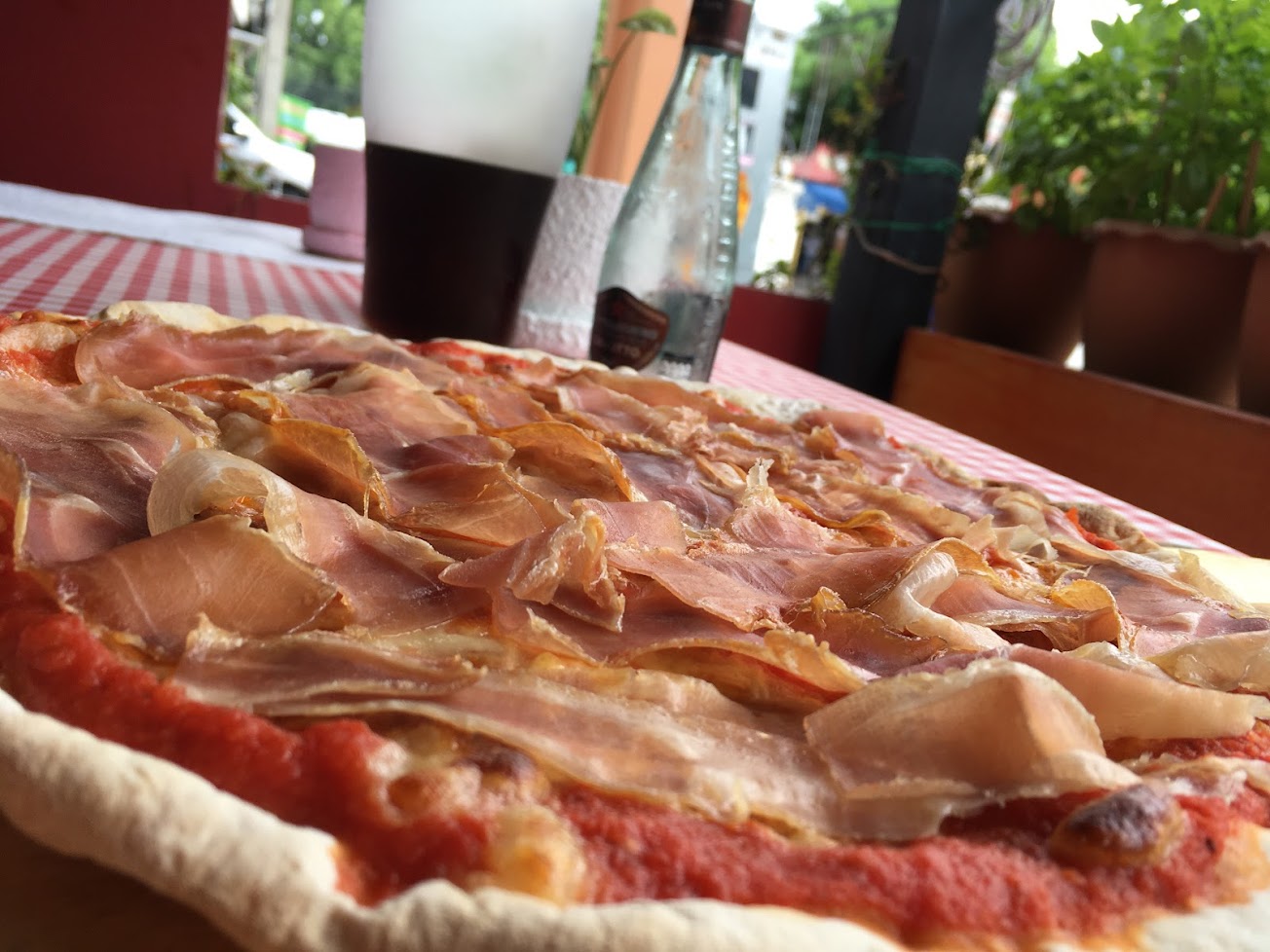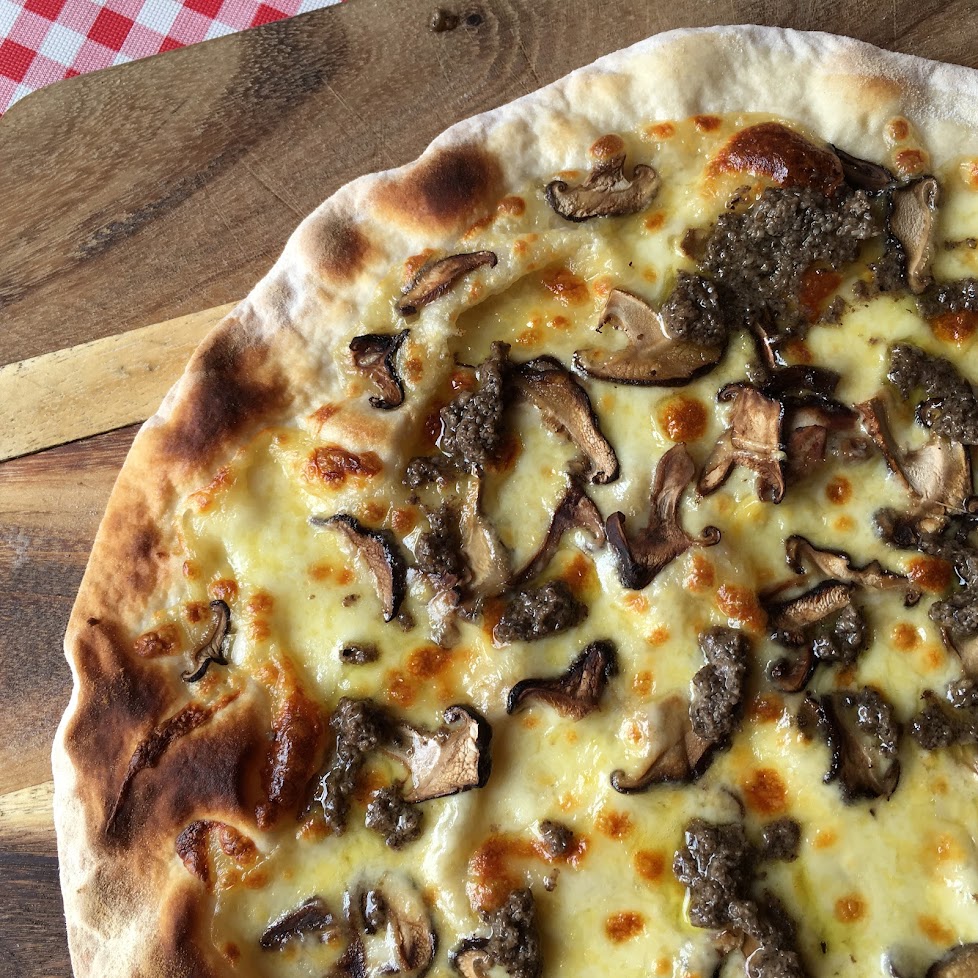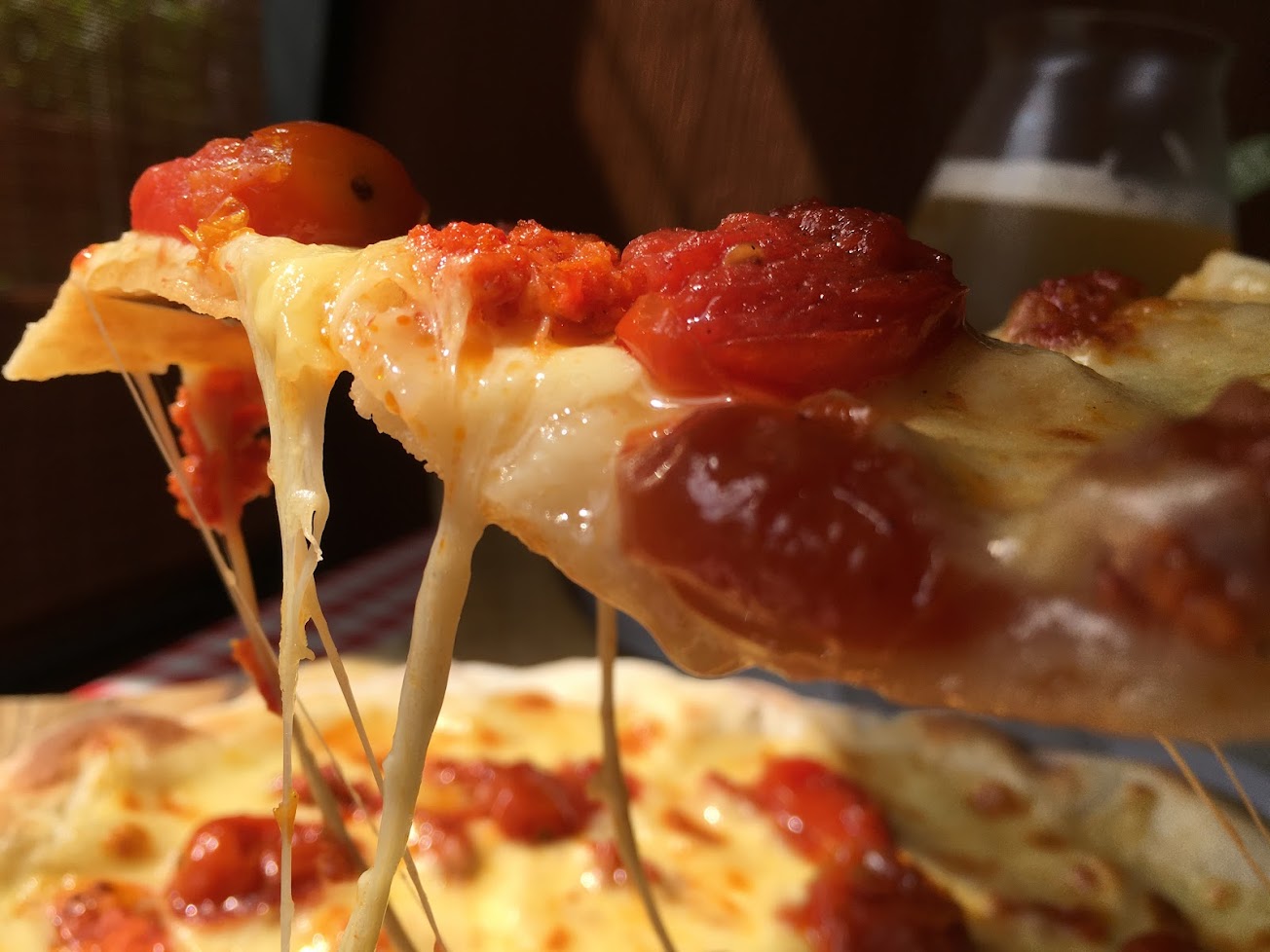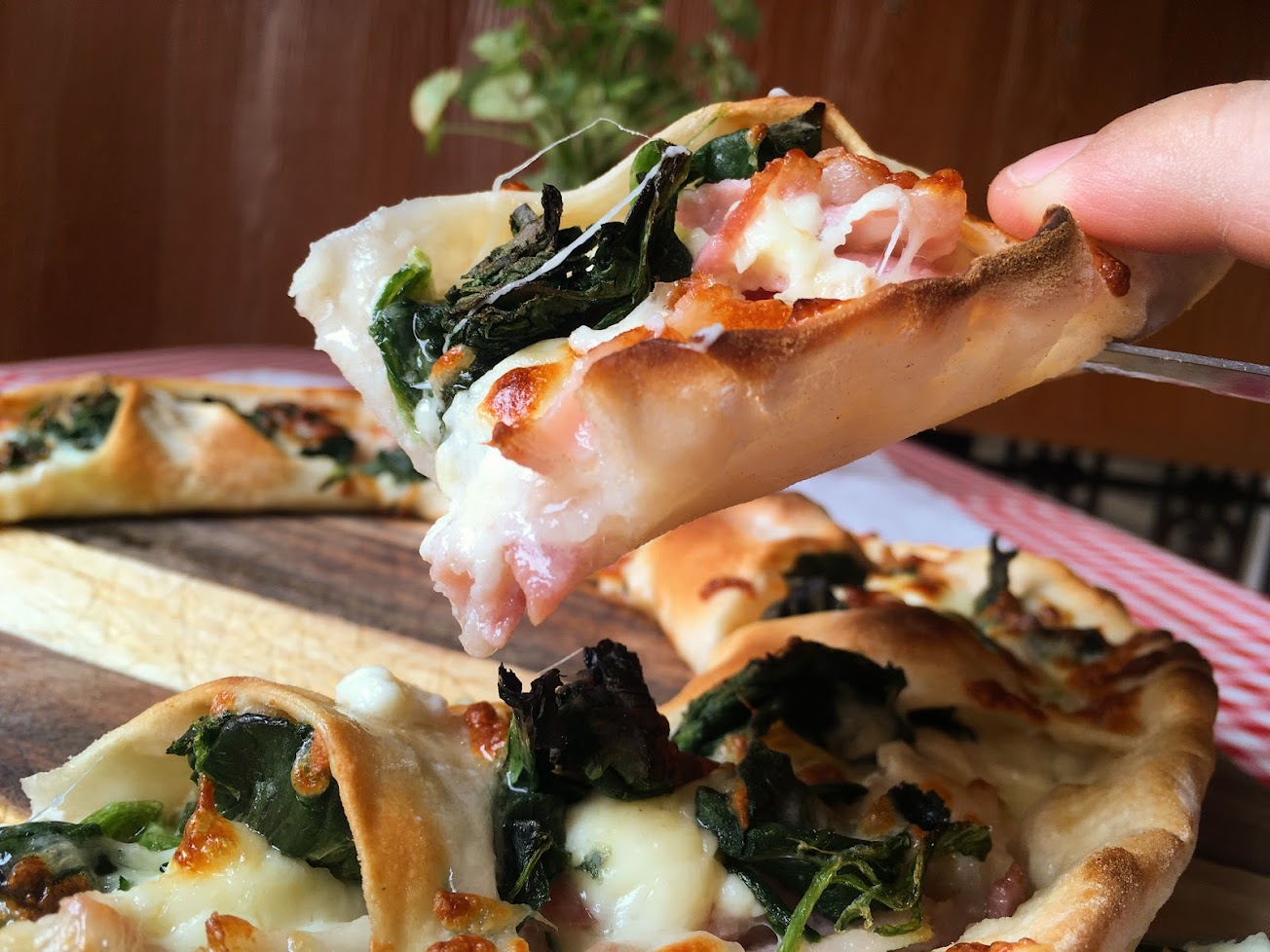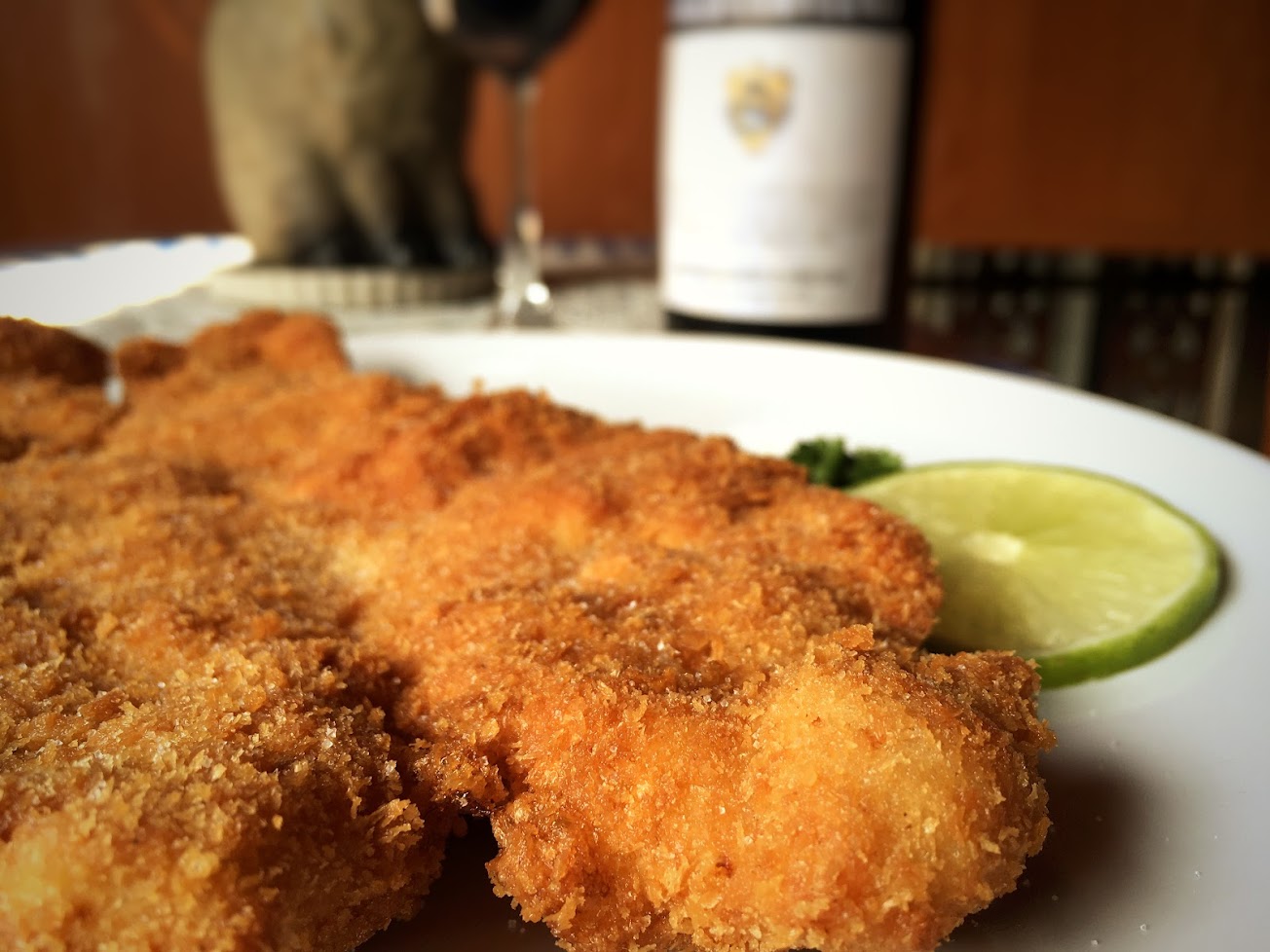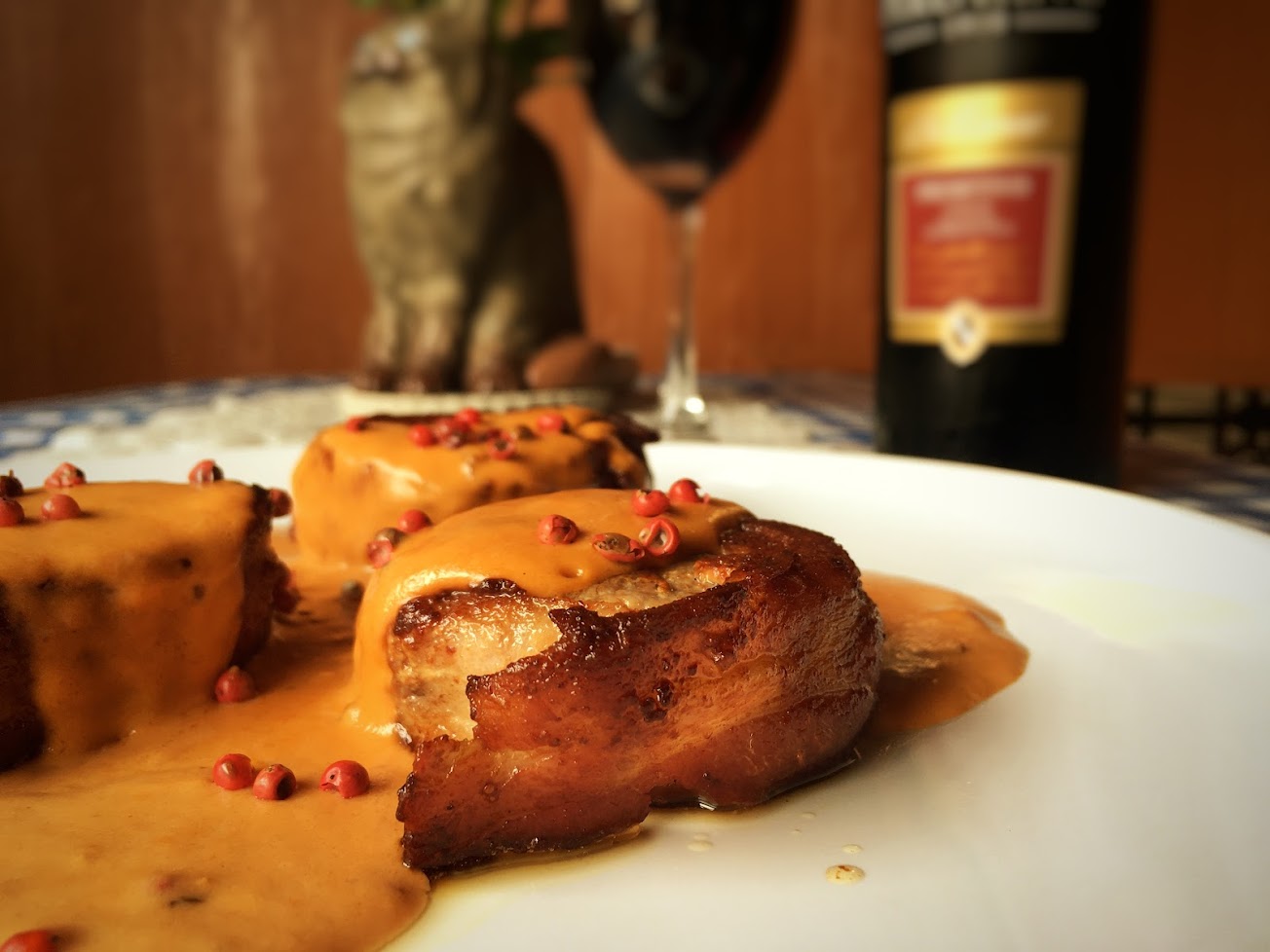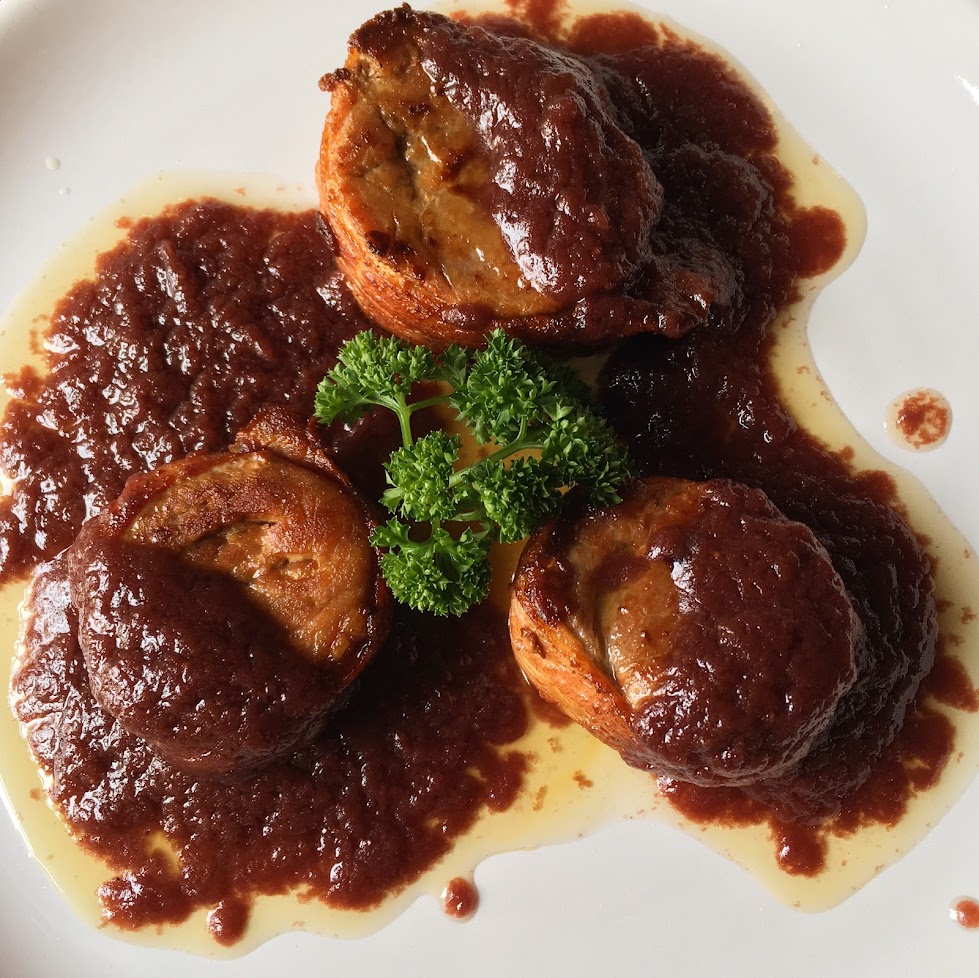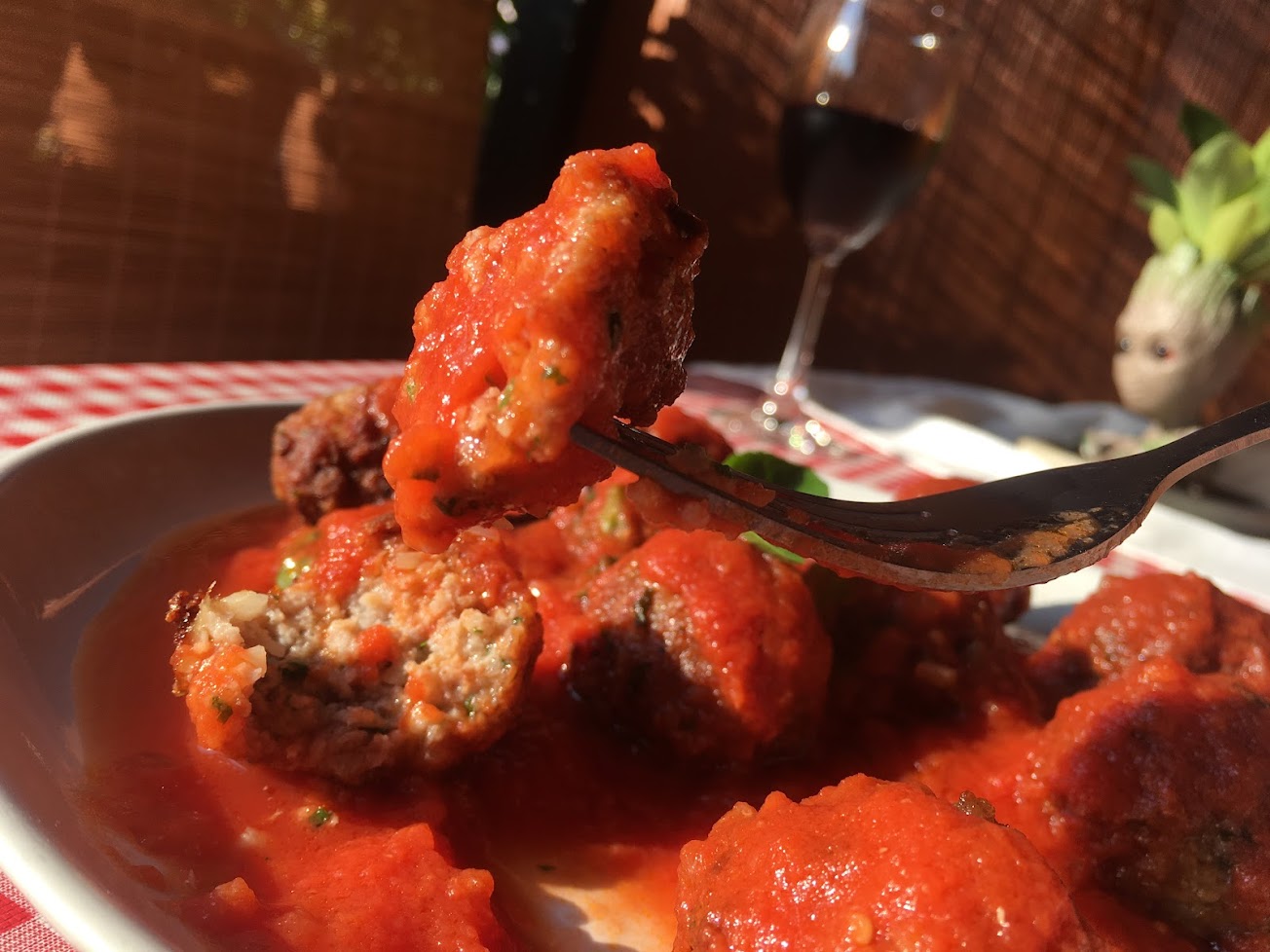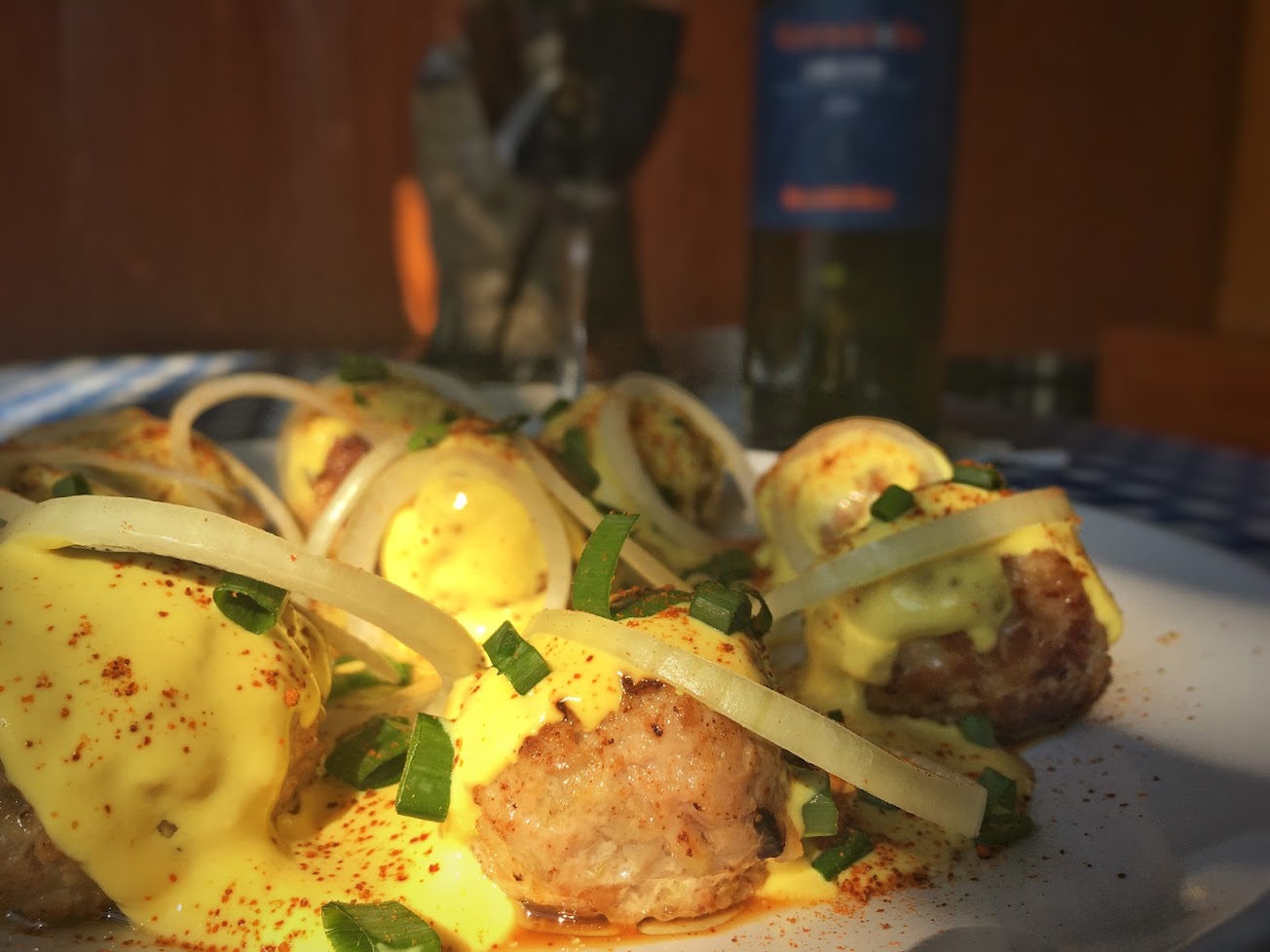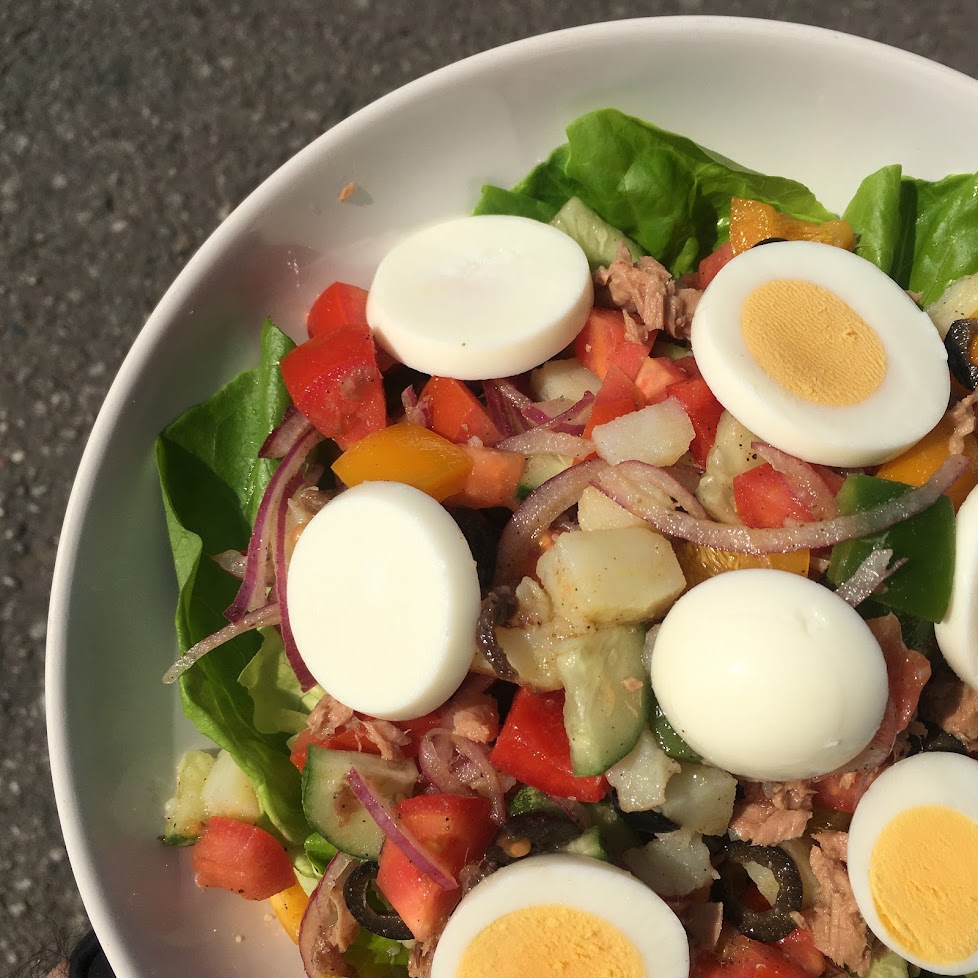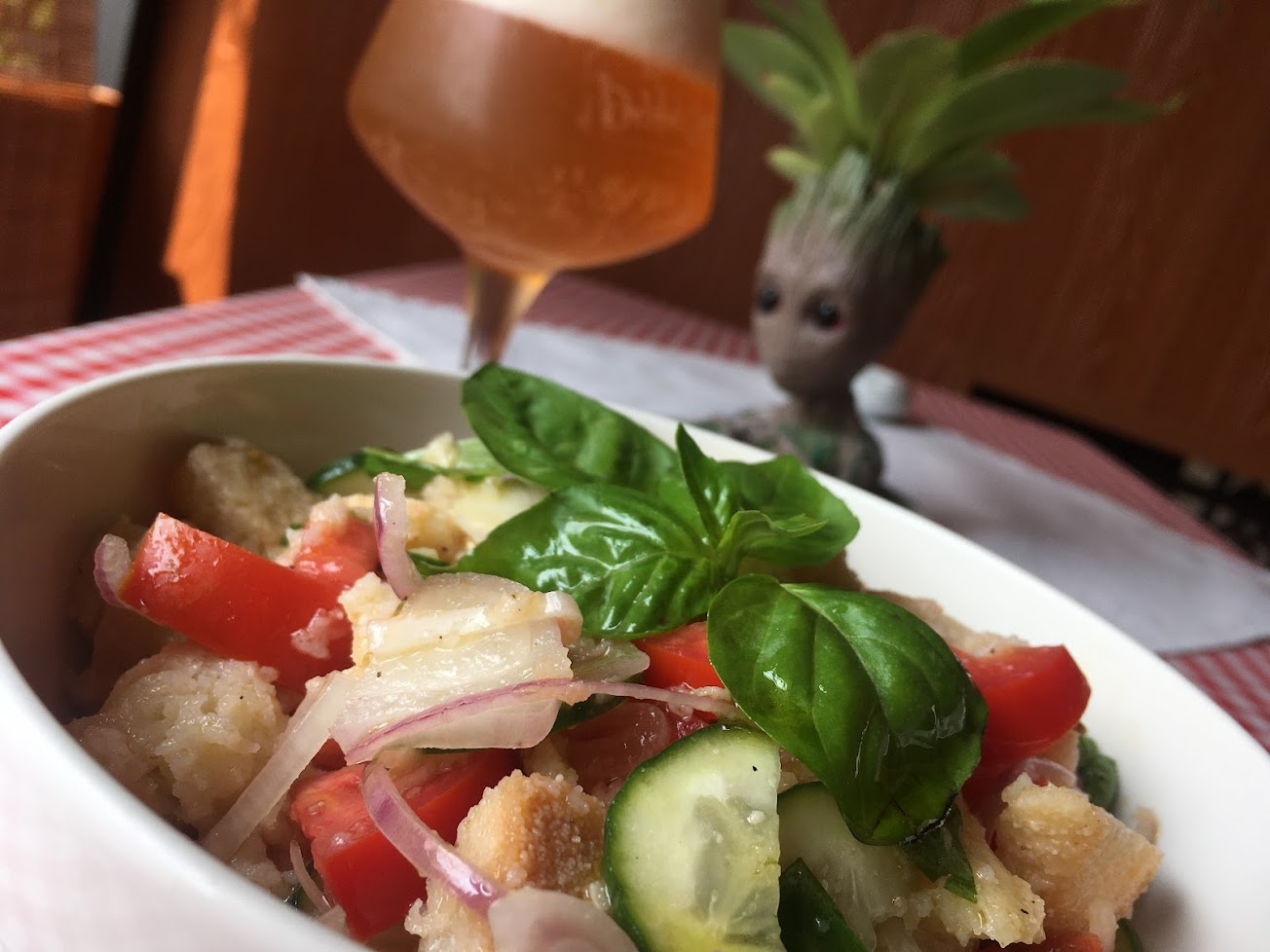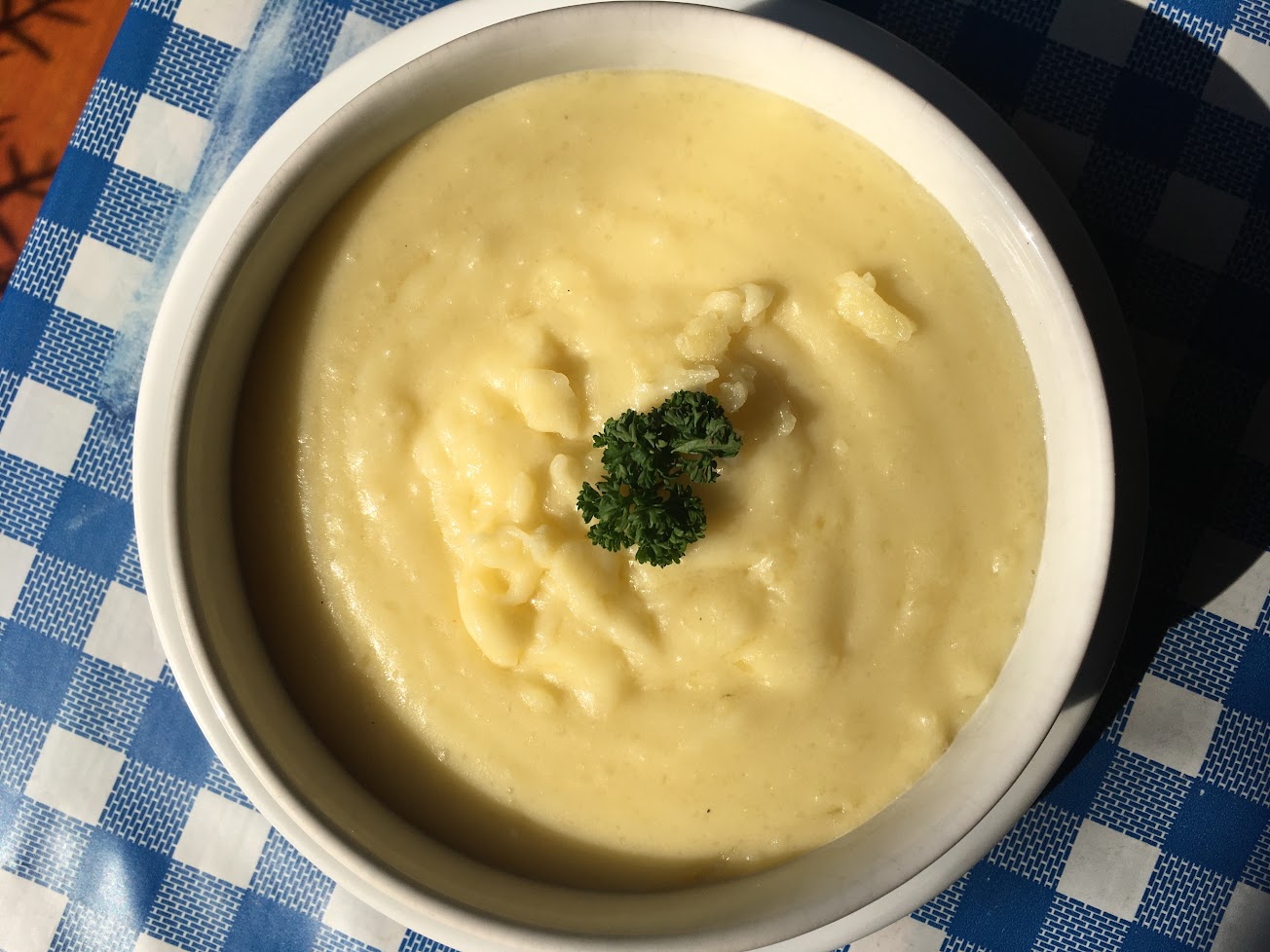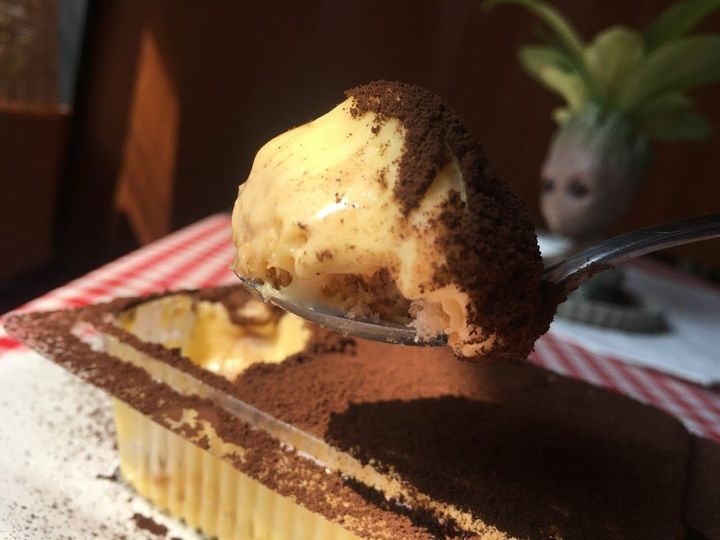
the Authentic Italian Restaurant in Chiang Mai
A real Italian experience
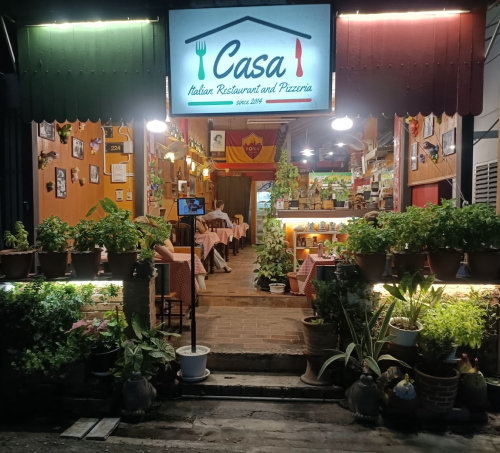
Are you looking for authentic and delicious Italian food?Stop your search then, because you found the right place! Casa is a little cozy restaurant in the Old Town, run by an Italian chef and his thai wife, with an informal and welcoming atmosphere, on the model of the old Italian trattorias and osterias, where you will really feel at home. We offer a huge choice of dishes coming directly from the various Italian regional cuisines, cooked with first quality ingredients, often homemade, and all our passion, to satisfy every desire.





A cuisine based on few solid concepts
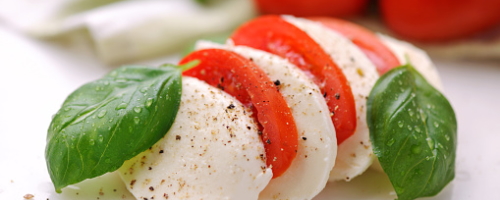
Italian cuisine very rarely have complex dishes. Sometimes use complex techniques but the ingredients are often few. That's usually because of the humble origins of its dishes, but in our times this has become its main secret. In simple dishes the taste of every single ingredient emerge, and can give its best contribution to the final result. And don't think that cooking simple, daily life's dishes is easier. The great chef Fulvio Pierangelini said it clearly: "Simplicity is a point of arrival and not a starting point. We must have the courage of simplicity. If you want to do something with three ingredients, you can't make errors, you need to have courage and awareness. If you make something with only three pure ingredients you must have an exceptional raw material, an impeccable technique and perfect timing. You can't make errors, but that's the only way you are really great. So simplicity is a point of arrival".
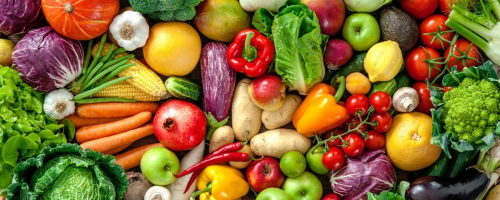
Italian cuisine is mostly made of simple dishes coming from "cucina povera" (literally "poor cuisine"), and instead of making a large use of sauces that end up covering the taste of the single ingredients, is based on enhancing them creating balanced harmonies and sometimes playing with contrasts. In this game the taste of each ingredient used is fundamental for the result, and this make their quality more important than ever. Our ingredients can be grouped in 3 main categories, those coming fresh every morning from the market that are part of the so-called short chain, the premium quality ones imported from Italy and the homemade ones. All these three kinds enable us to be in control of the quality level and to prepare our dishes with the unique Italian classic tastes.
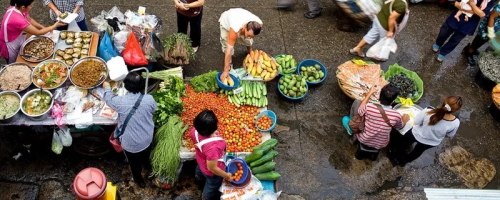
Every territory has it's own typical resources that, seasonally or not, mark the richness of the land. We fish galore in this natural source of genuine tastes. It's always a pleasure walking through the fresh market to find out the daily best fruits of our land. Chiang Mai is a lucky territory, full of resources of great quality, and if it's about the cow's milk from San Kamphaeng that we transform in our cheeses, or the always ripe and sweet tomatoes we use for our sauce, we can be sure to deliver to our customer a product of first quality, supporting some of the best local producers.
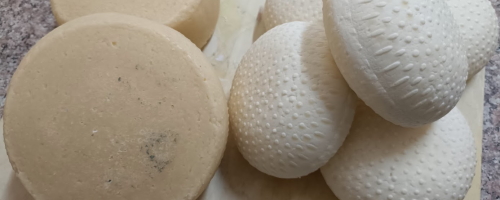
Nothing gives you more control on the quality of any job than doing it yourself. When we opened the restaurant, there was no way to find some necessary ingredients with a sufficient quality, and some of them where absolutely unavailable. That's why we started our activity of self-producing some of the most common ingredients of Italian cuisine, like mozzarella or guanciale (cured pork cheek). From there to widening the horizon of the homemade creations was a short step. Nowadays we produce almost all the cheeses we need (mozzarella, gorgonzola, stracchino, ricotta funnata, feta, provola, caciotta...), three kinds of salami (romano, toscano and calabrese), guanciale, sausages, 'nduja (spicy salami), bread, fresh pasta (fettuccine, caserecce, tonnarelli, gnocchi), tomato sauce and other classic sauces and condiments like our pestos (Genovese and Trapanese) or our truffle paste. In this way we can not only have a complete control over the quality, but also give our customers a way to try genuine, artisanal tastes as we were in the Italian countryside.
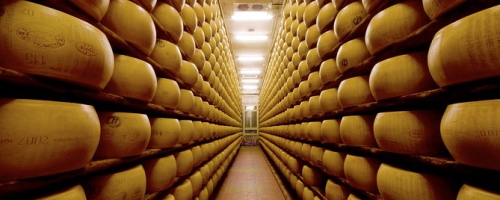
Not everything can be made at home. Some things because they would never have the same taste as the originals, like Parmigiano Reggiano DOP or Prosciutto di Parma DOP. Others because the raw materials are unavailable in Thailand, like sheeps for Pecorino Romano DOP. Fortunately there are some good suppliers that import directly from Italy these products, together with many other peculiar Italian ingredients, like Sicilian capers or Sud-Tirolese speck. Almost all of these products are produced under the EU quality schemes like PDO (Protected designation of origin), PGI (Protected geographical indication) or TSG (Traditional speciality guaranteed), so that even when in a country like Thailand we can always be sure of the authenticity and quality of the products we buy and use.
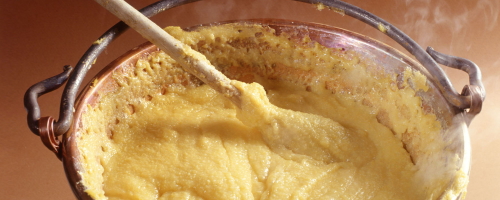
Tradition in Italian cuisine is obviously an historical concept. But history have always to be seen as something in slow but constant movement, where well renown dishes gently evolve complying with the availability of the resources as well as with the new tecnologies and favoring the different needs of society. This implies that doesn't exist one Italian tradition, but a multitude of territorial cuisines (often called regional), that like old trees grow, changing their shape and size depending on the external conditions, but always relying on the same old roots. The roots of these traditional cuisines, of every single dish, are made of memories. Memories of the smells and tastes of those lunches and dinners with grandmas in kitchens full of muttering pots. All those memories, are a collective heritage of an entire territory and become important branches of the culture of a region. Even the most argued dishes like Carbonara, Bolognese, Vitel Tonnè, Parmigiana di Melanzane, etc. have gone through an evolution, but our memories are there to preserve the essential tastes, those flavoures that are unique characteristics of those dishes and that define them. Every chef can change a recipe of the "tradition", add his touch, give his own interpretation, but those dishes have to preserve those tastes and flavours if they want to be called with that name. Innovation is not an enemy of tradition, it's part of it. But every chef that want to revisit and innovate a classic dish, must know exactly what that dish "is", what defines it, how to reproduce those tastes, those flavoures, those fragments of memories.
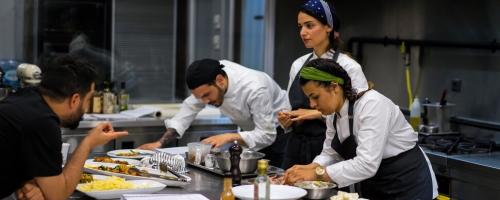
The chef's job is usually hard and good part of it is quite repetitive. Some people working in the kitchen end up "eaten" by this repetitive rhythm, risking to be completely wrapped up by it. We like to think that also repetitive actions can be an impulse to improve and discover new techniques. Kitchen work is an infinite source of new ideas, and also errors can sometimes become a way to improve or to create something new. Then, curiosity and spirit of research, can easily push you to study and read up, and return to the kitchen to make experiments, as it was a true laboratory. There is always something to learn about food, techniques, management, and a life probably is not enough.
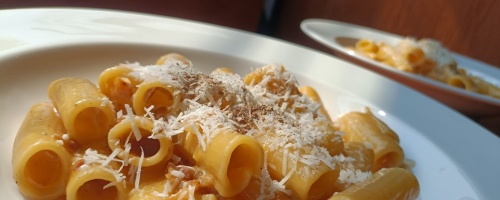
As for every job, being a chef, being a good one, is possible only if you truly love being it. Only if you love cooking you'll put all your passion in making every single dish leave your kitchen. Whatever passes in your mind, though all the problems that can fill your thoughts, anyway preparing a dish for a customer, is always an act of love.
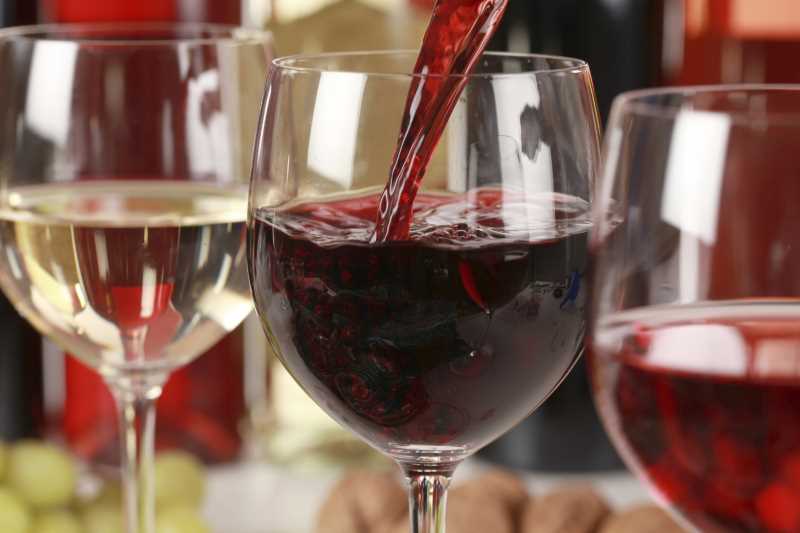
Every food has its own wine
«Ever tried. Ever failed. No matter. Try Again. Fail again. Fail better.»
(Samuel Beckett)
Wines are a whole world apart.Nobody can really claim to know everything about them, probably not even the best sommeliers.Who comes from countries like Italy or France is probably favoured by the familiarity they have with wines.
So, how can you manage to choose the right wine for the dishes you just ordered?
No problem.There are a few general rules that can help you to facilitate the choice.We can help you with that.Furthermore, it's like a big game that can be played on a "try and fail" basis. The goal is to fail better and better...
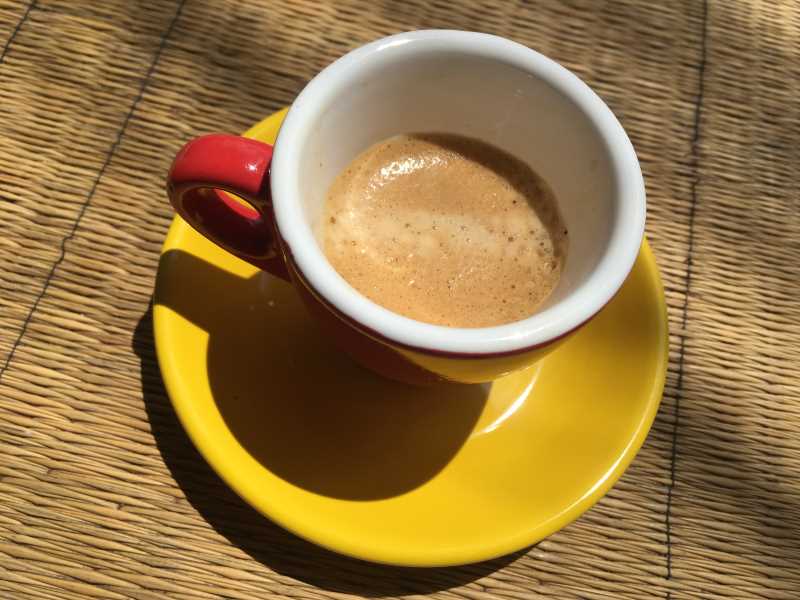
Caffè Bruno
«Il caffè è il balsamo del cuore e dello spirito.»
Coffee is the balm for the heart and the spirit.
(Giuseppe Verdi)
A popular slogan in an Italian commercial of many years ago said: «Coffee is a pleasure. If it's not good where's the pleasure?»
Our coffee isn't only good, but it's also a «good deed».
Yes because, beside being an international award winner, it's produced in the province of Lampang by the people of the local hill tribes supported by the Catholic Centre “Mary Queen of Peace” that provides the machinery needed for the manufacturing.
Adopting this coffee we intend to support this project and all the people involved, and in the same time give to our customer the pleasure of a true Italian style coffee.
Services
224 Ratchapakinai rd.
Sri Phum, Muang Chiang Mai
50200 Chiang Mai
224 ถ.ราชภาคินัย
ต.ศรีภูมิ อ.เมือง
จ.เชียงใหม่ 50200
GPS: 18.793983,98.9894992
Monday-Saturday 18:00-22:00.
(Kitchen closes at 21:45).
Sunday Closed.
by Facebook Messenger, email or by phone
mentioning the following data:
- your name
- date and time
- number of persons
- optionally a preference between outdoor (patio) or indoor
- any other info you consider relevant
094-634-2110 (thai,english,italian)
- © La Piccola Pera LP - all rights reserved
